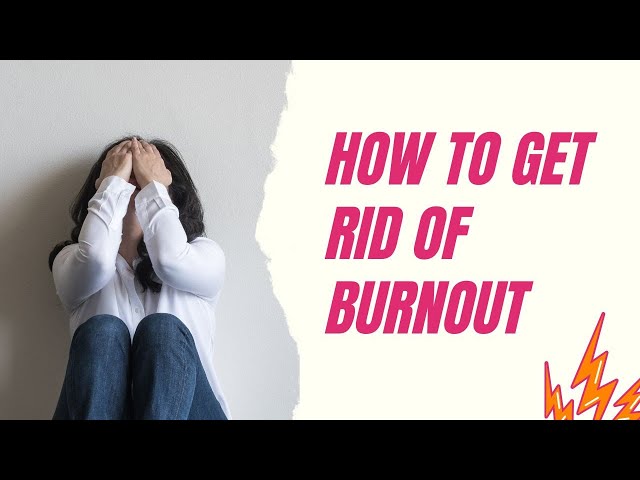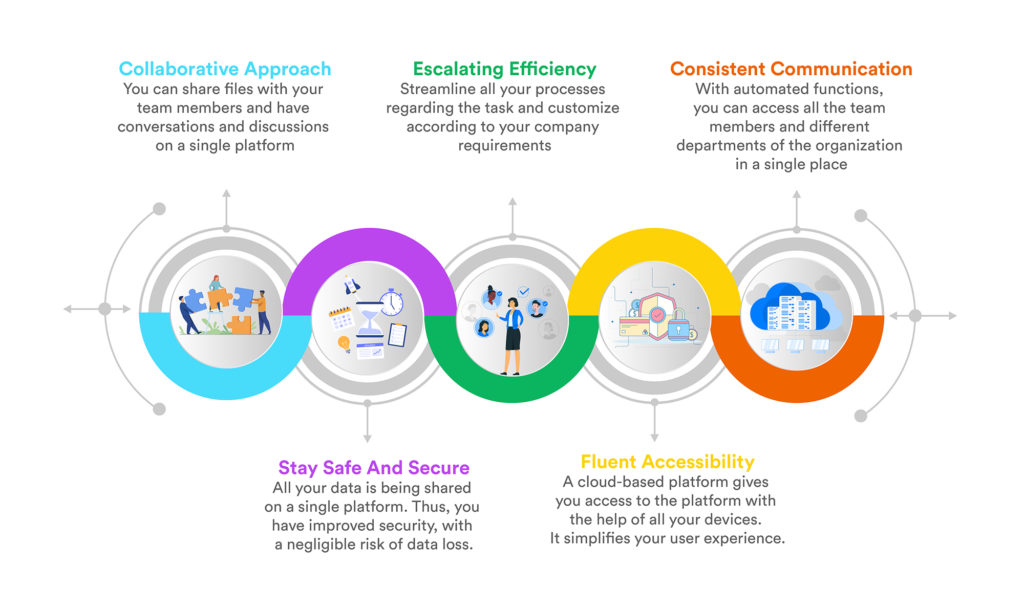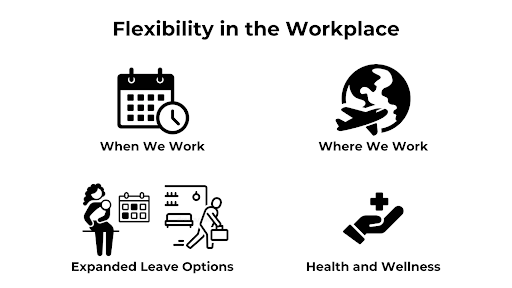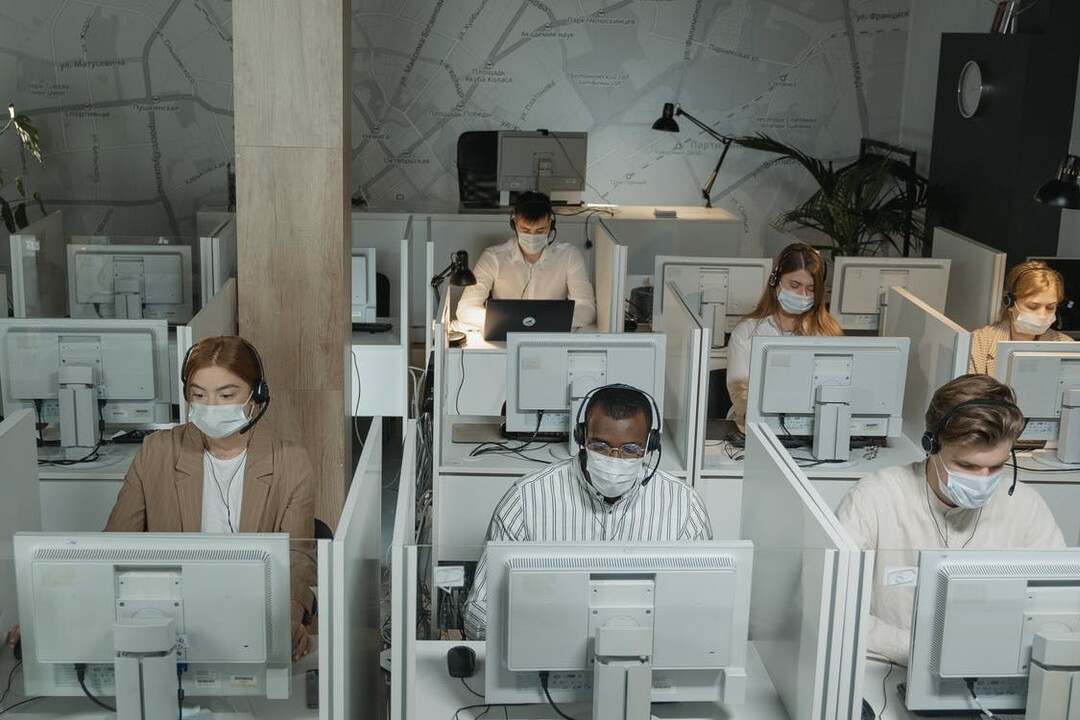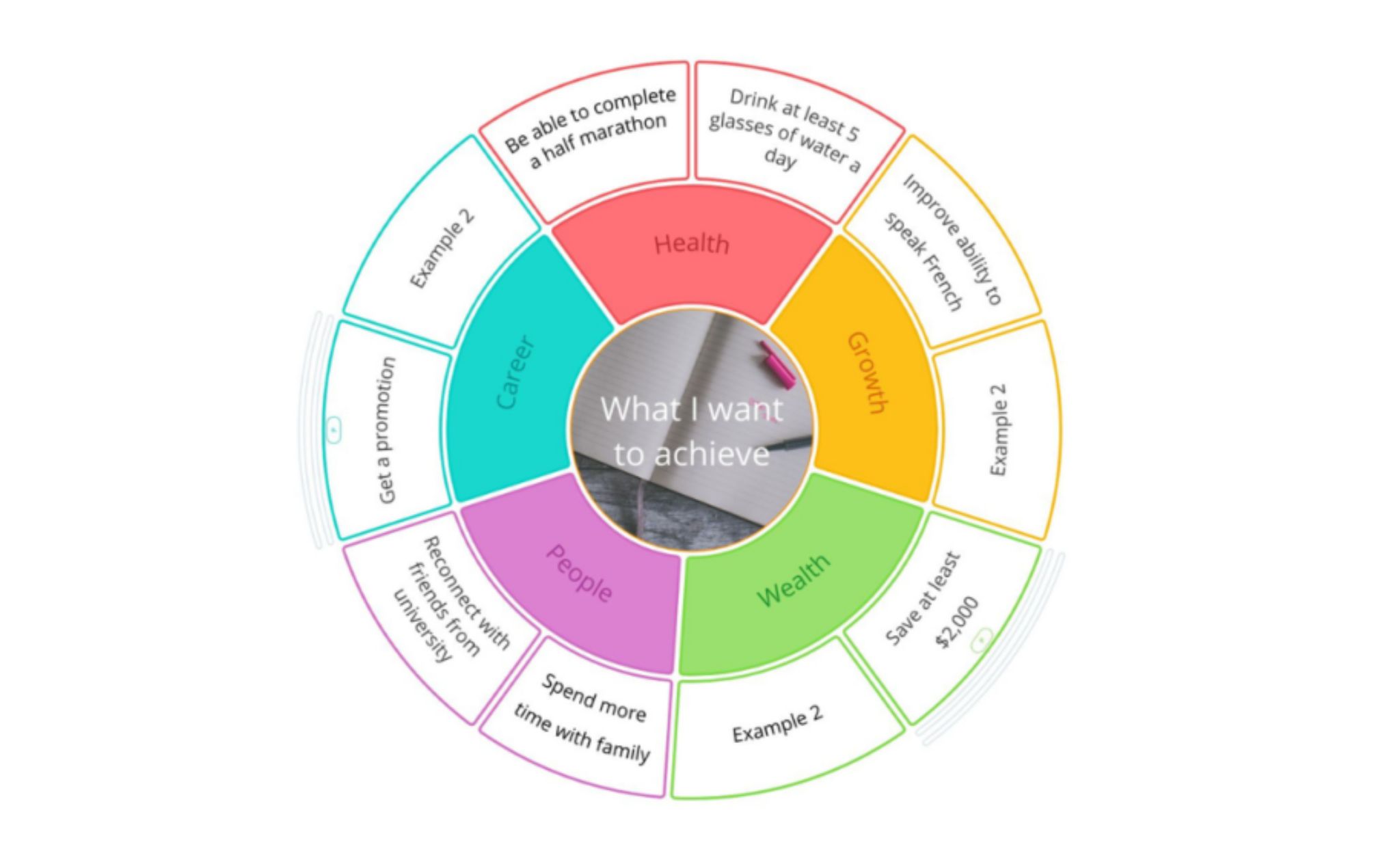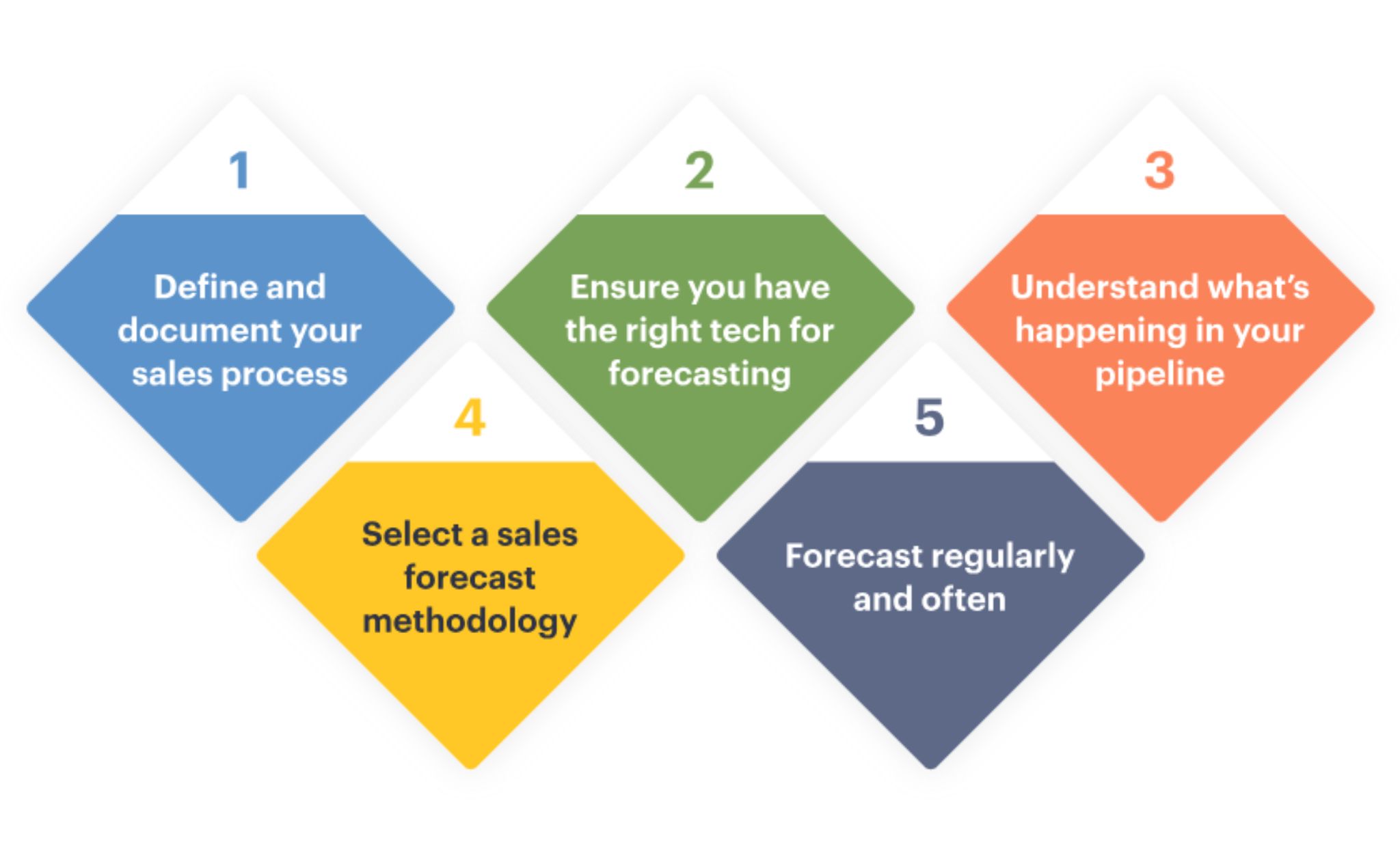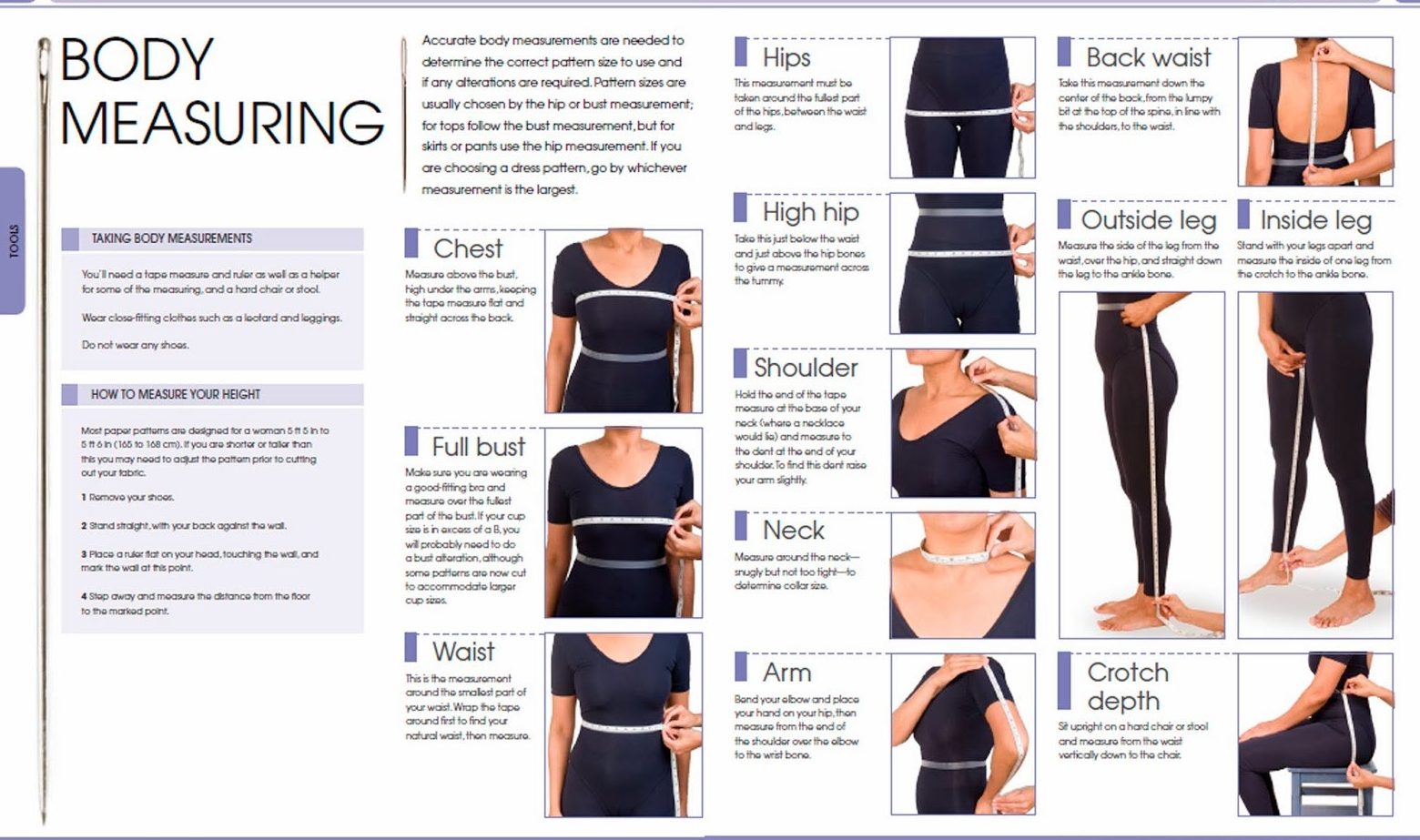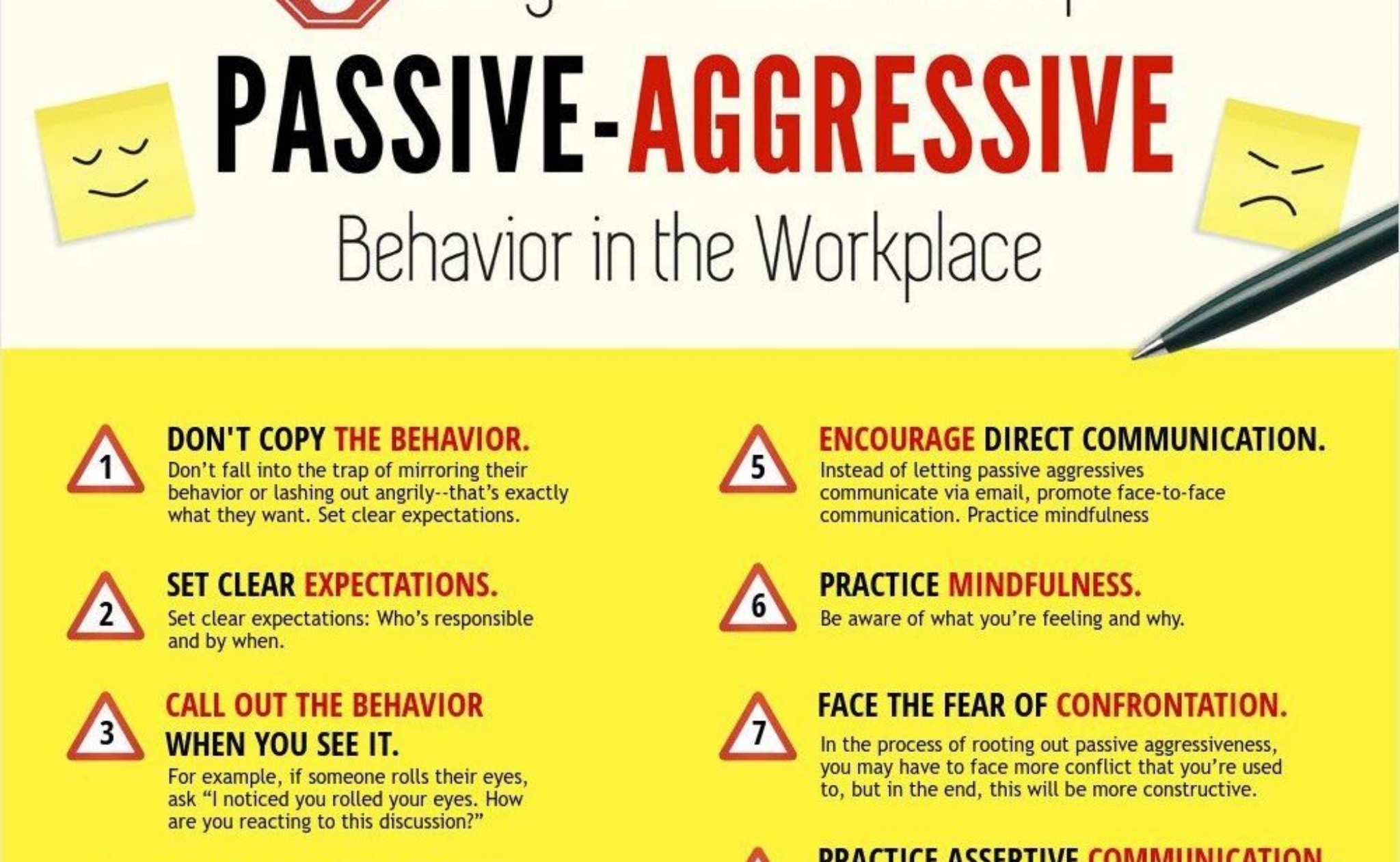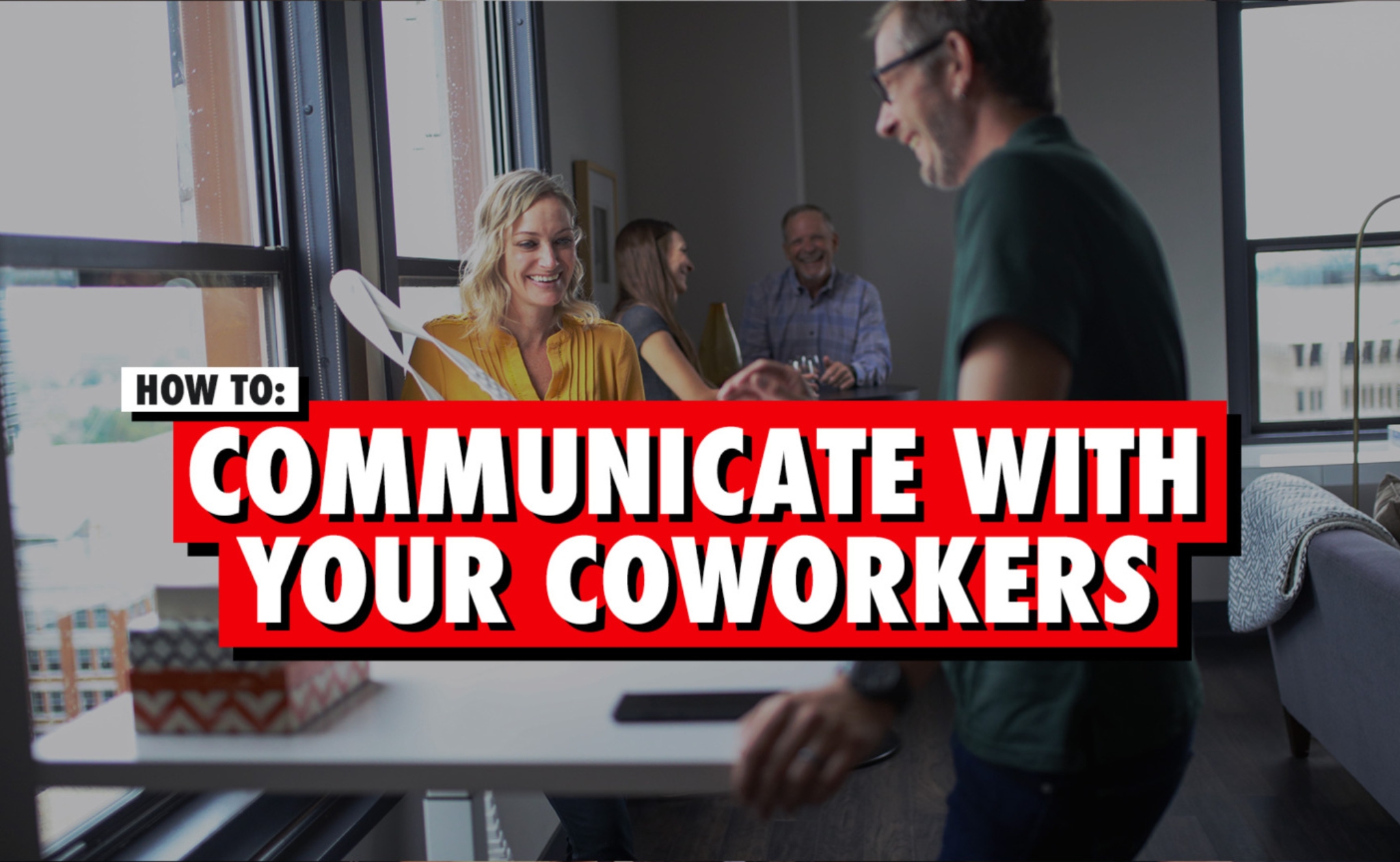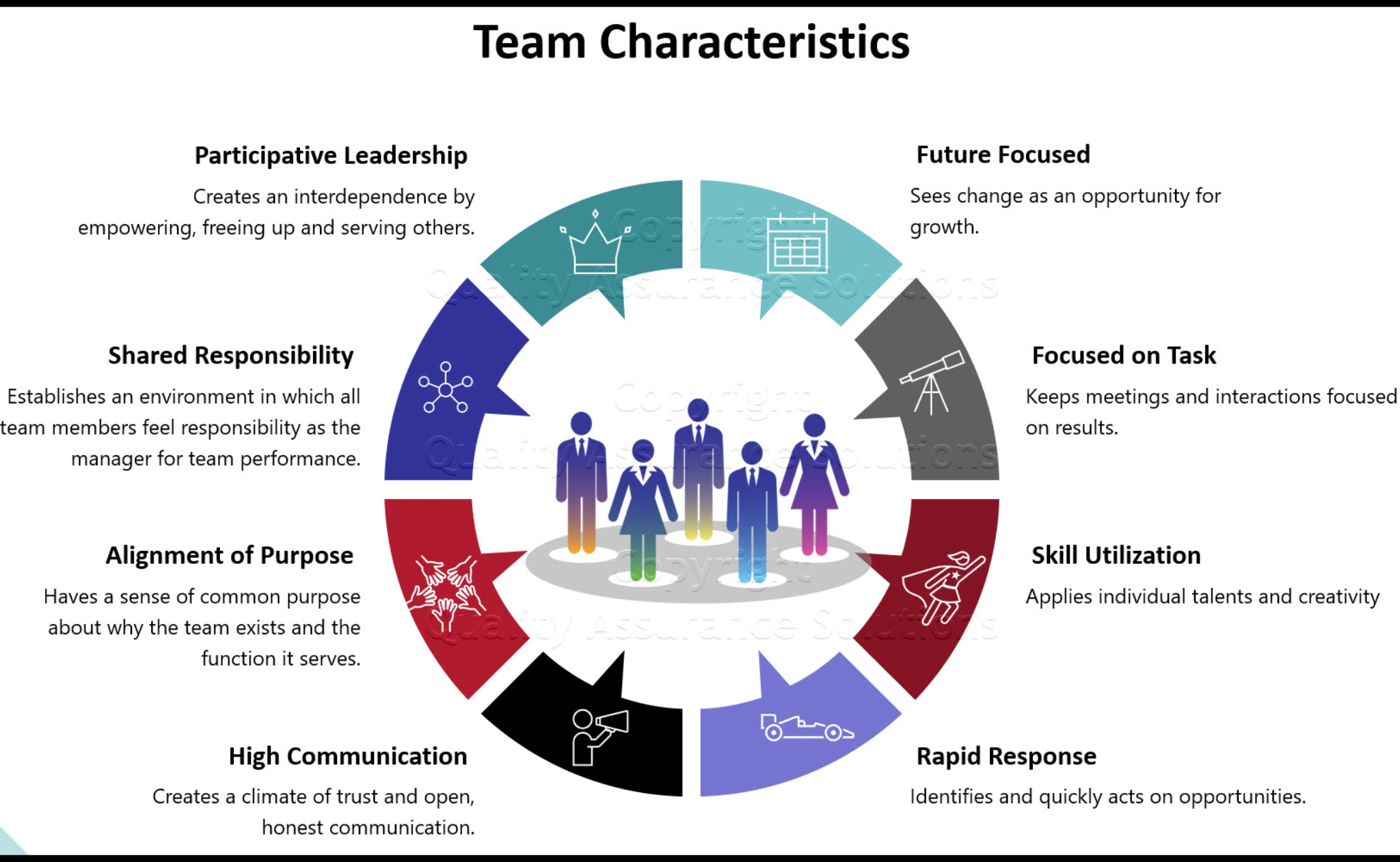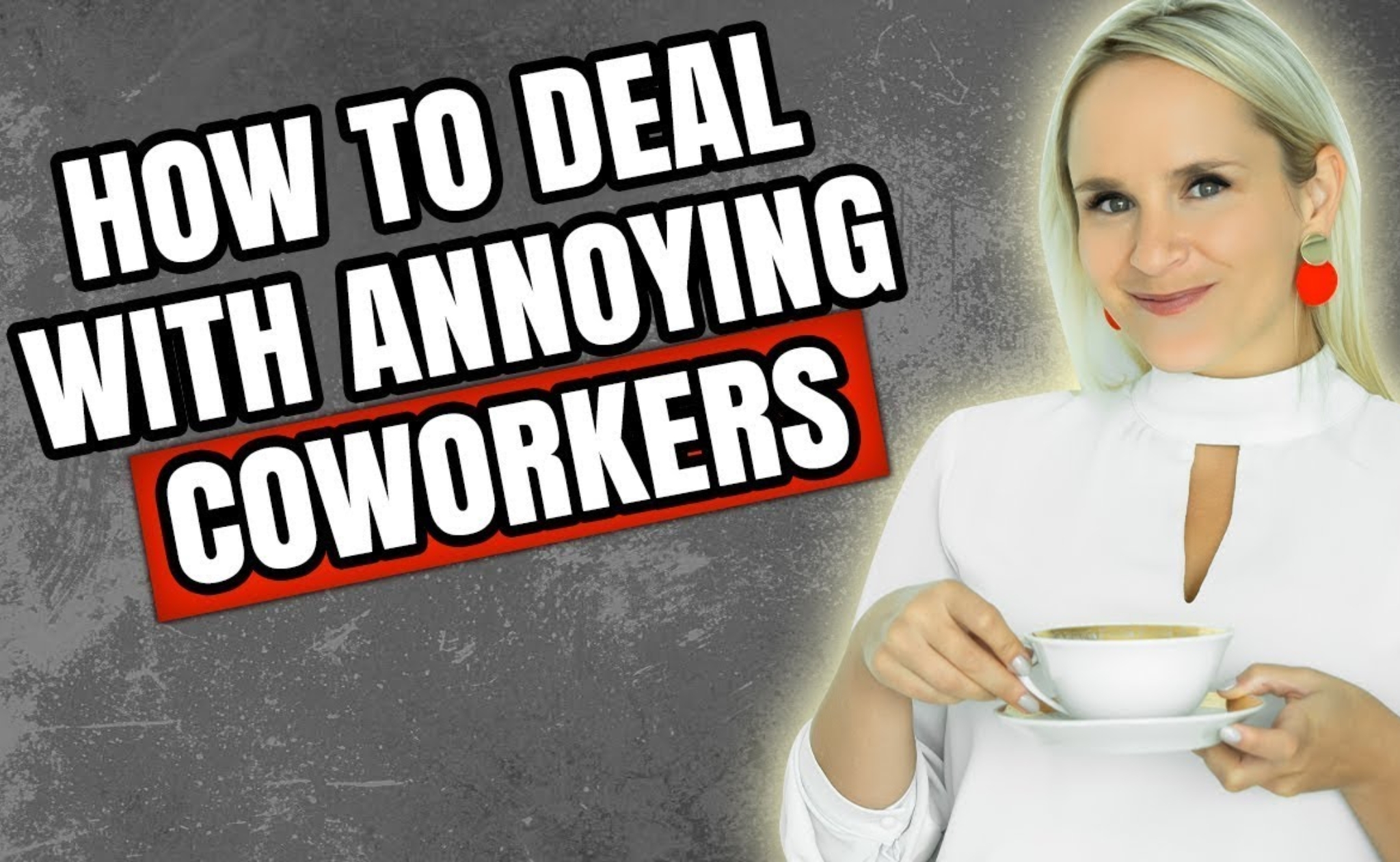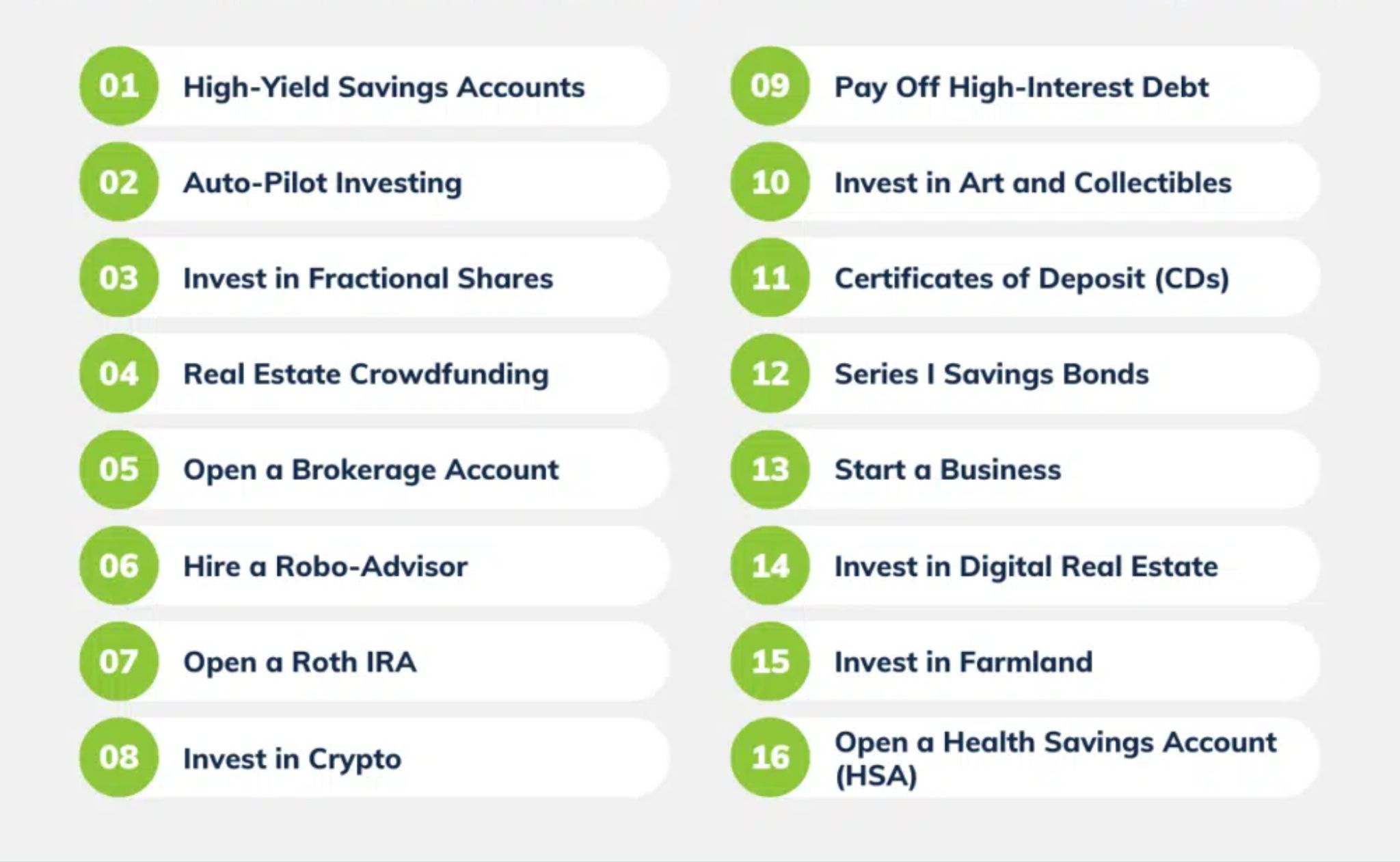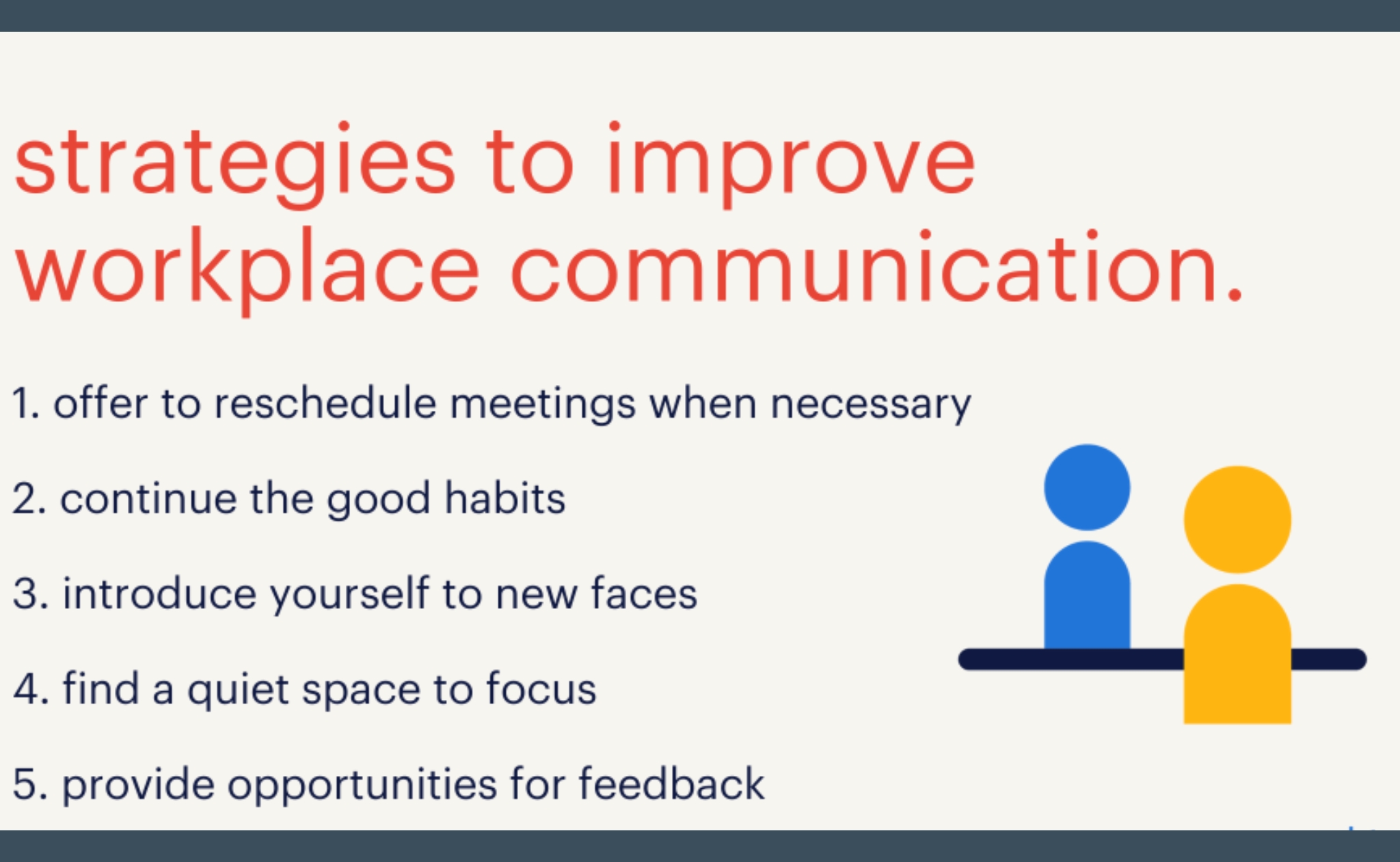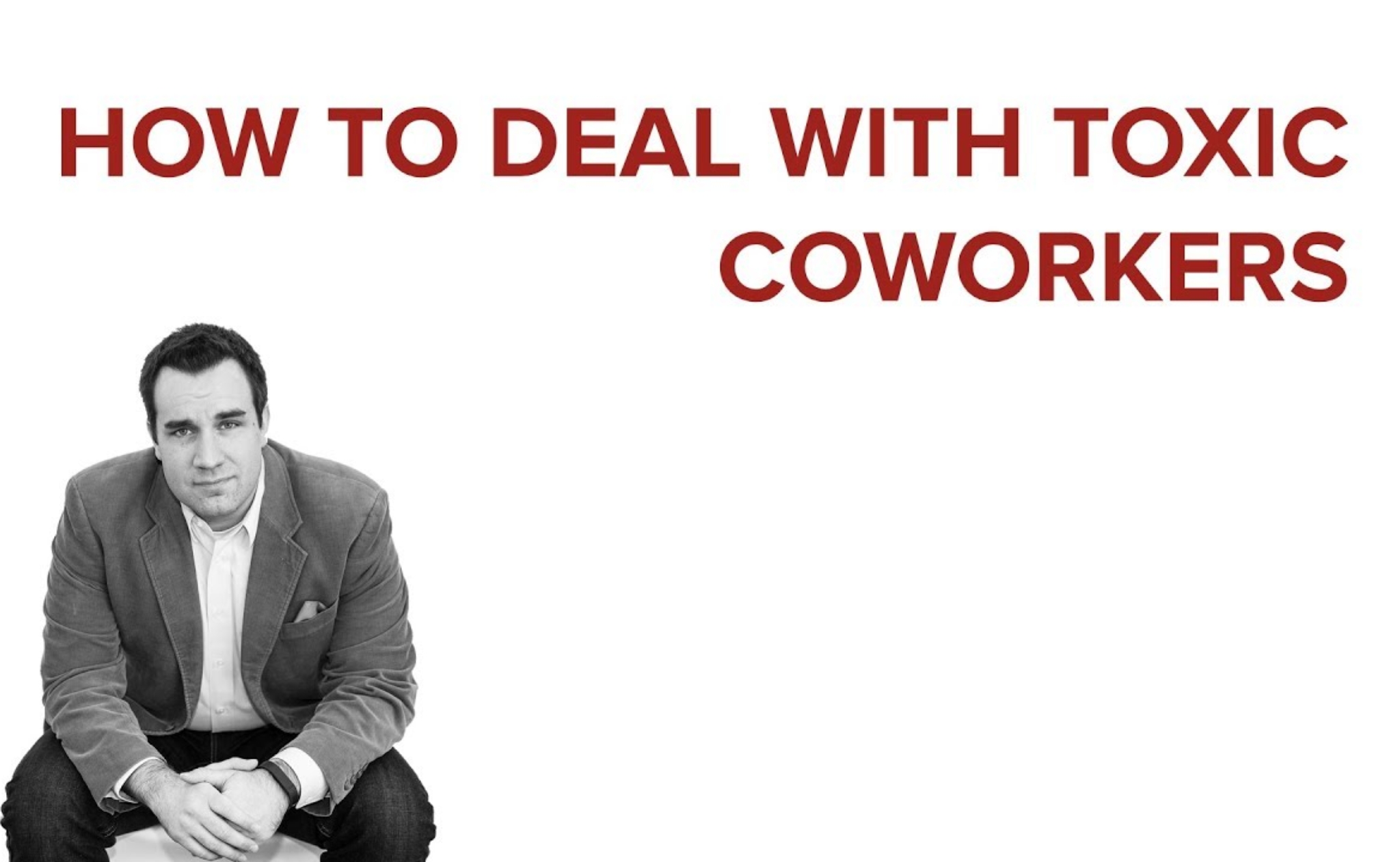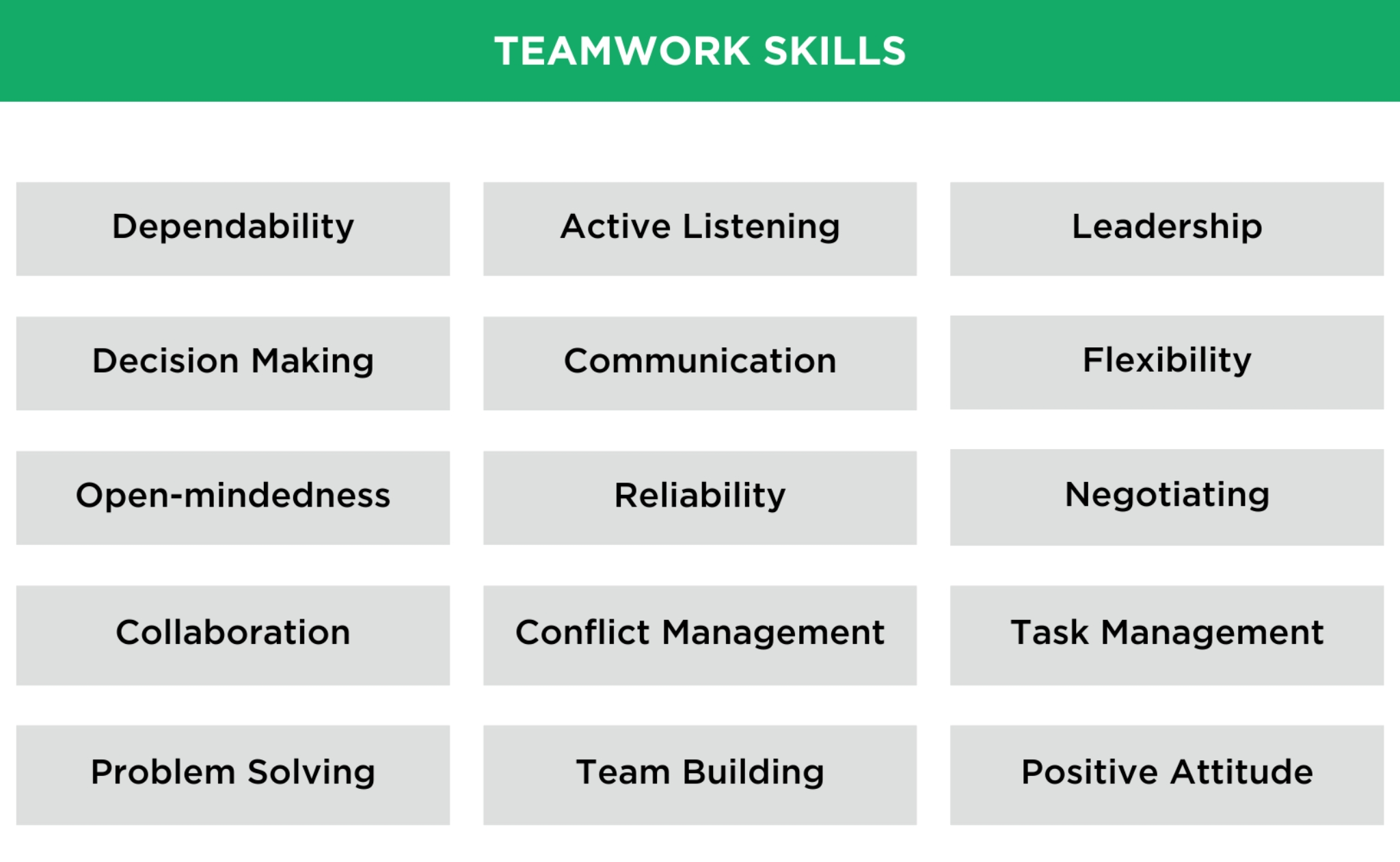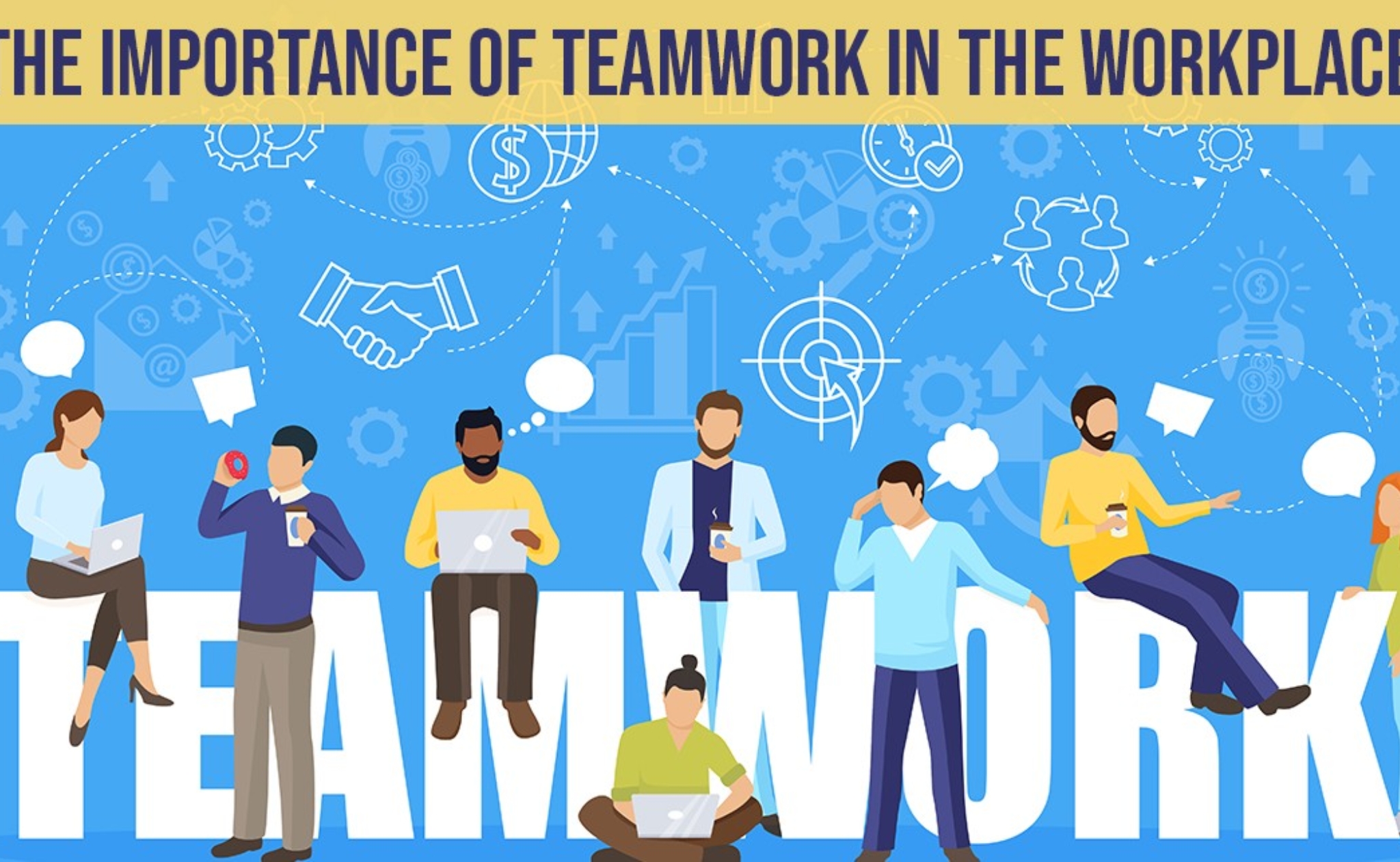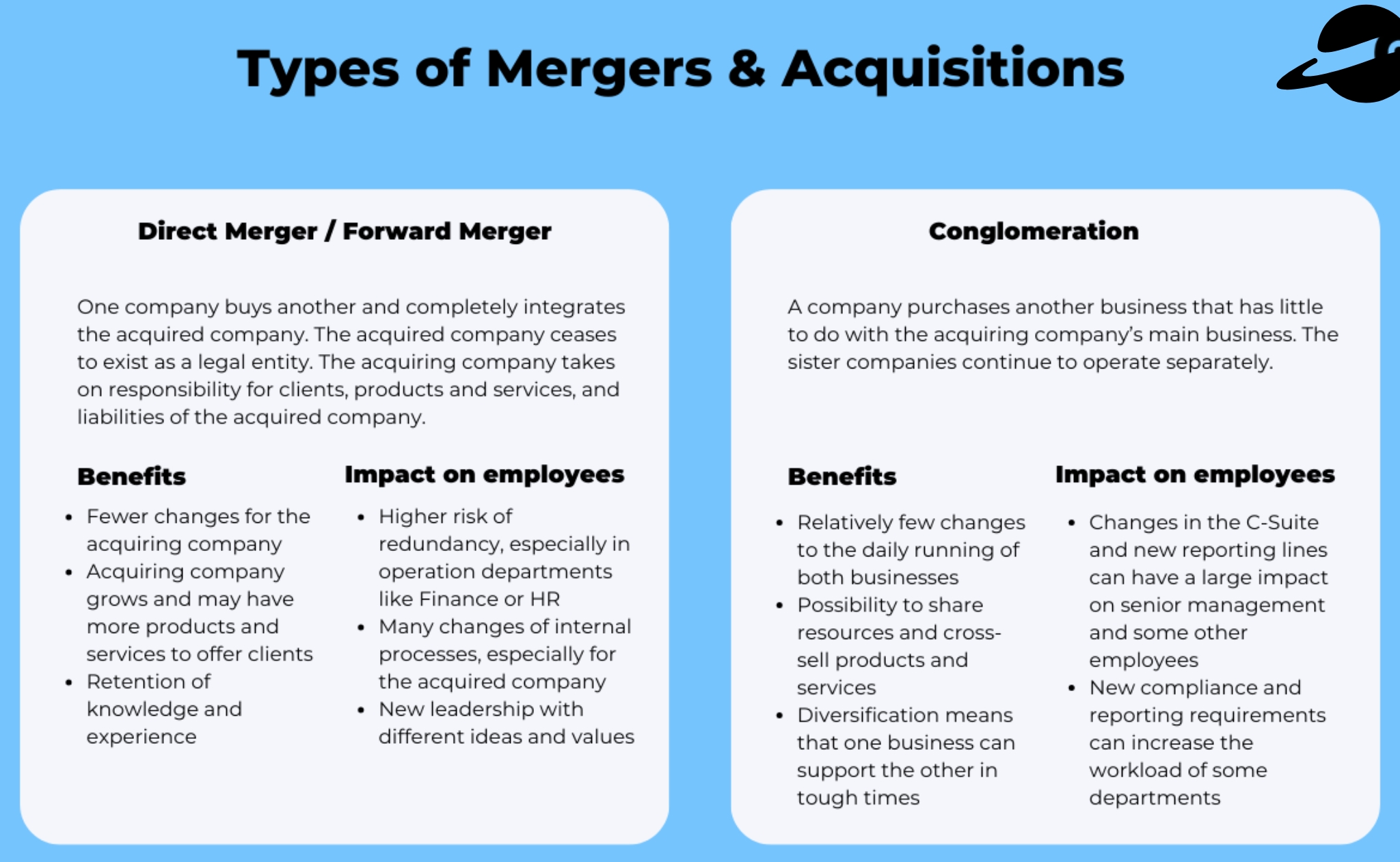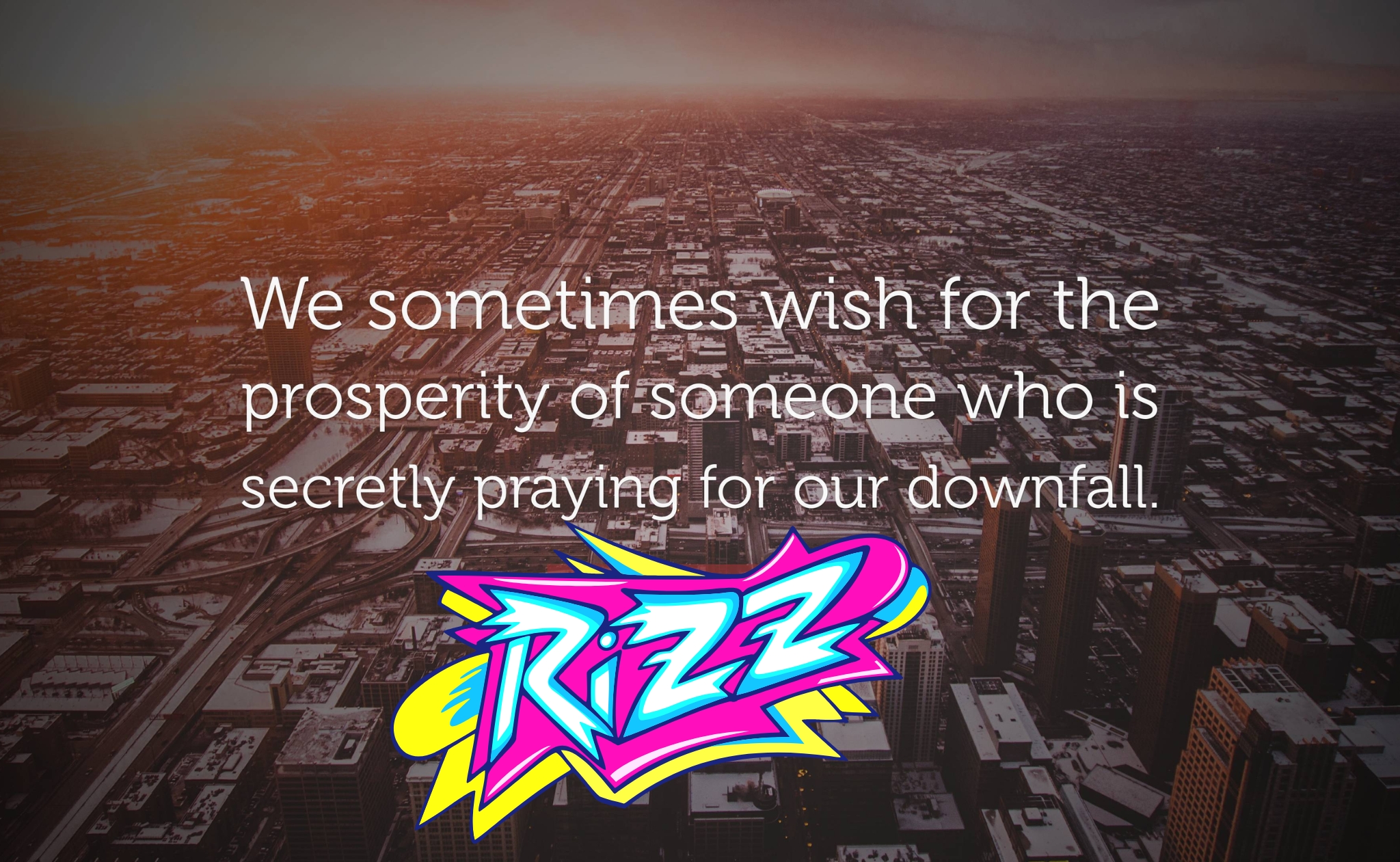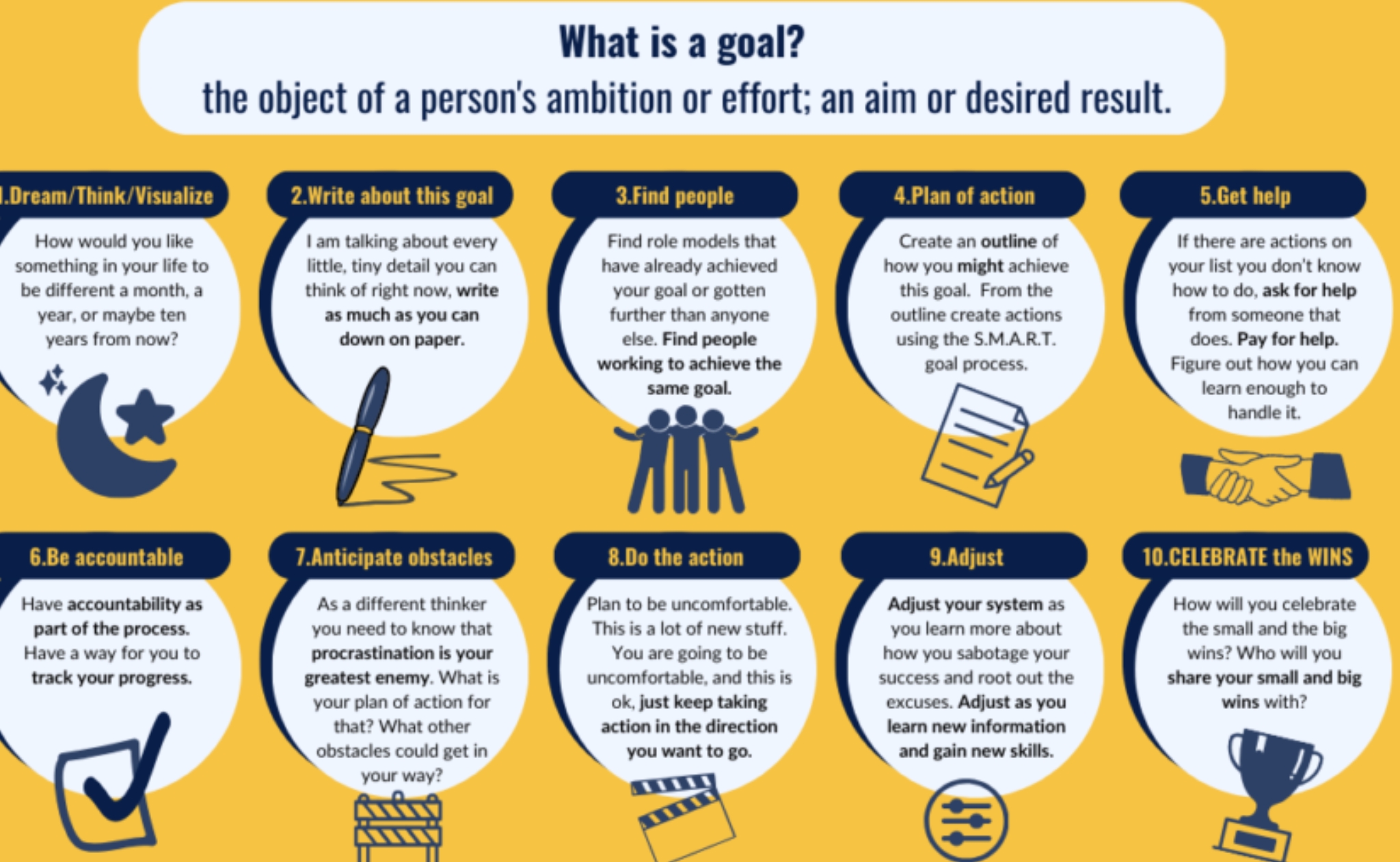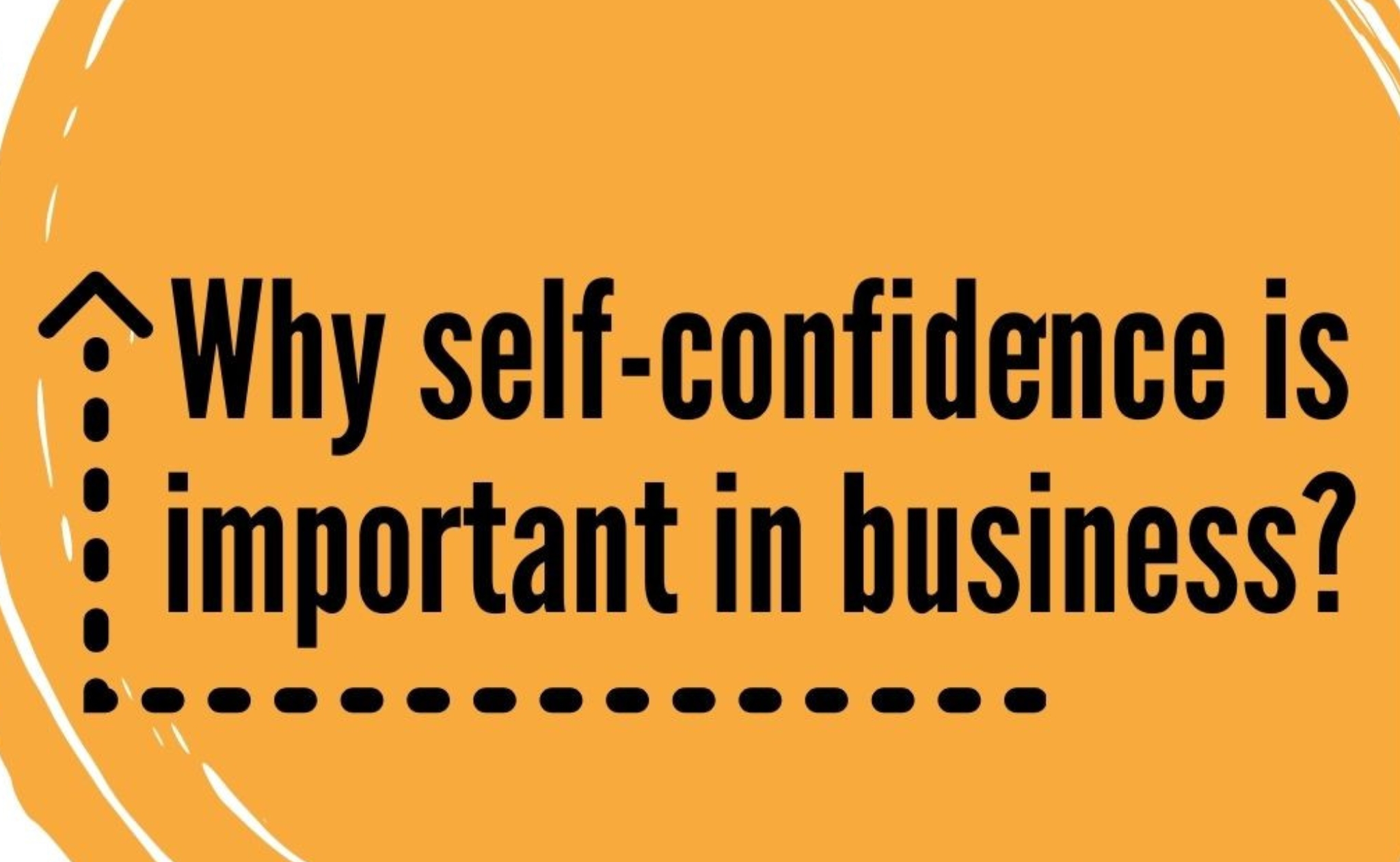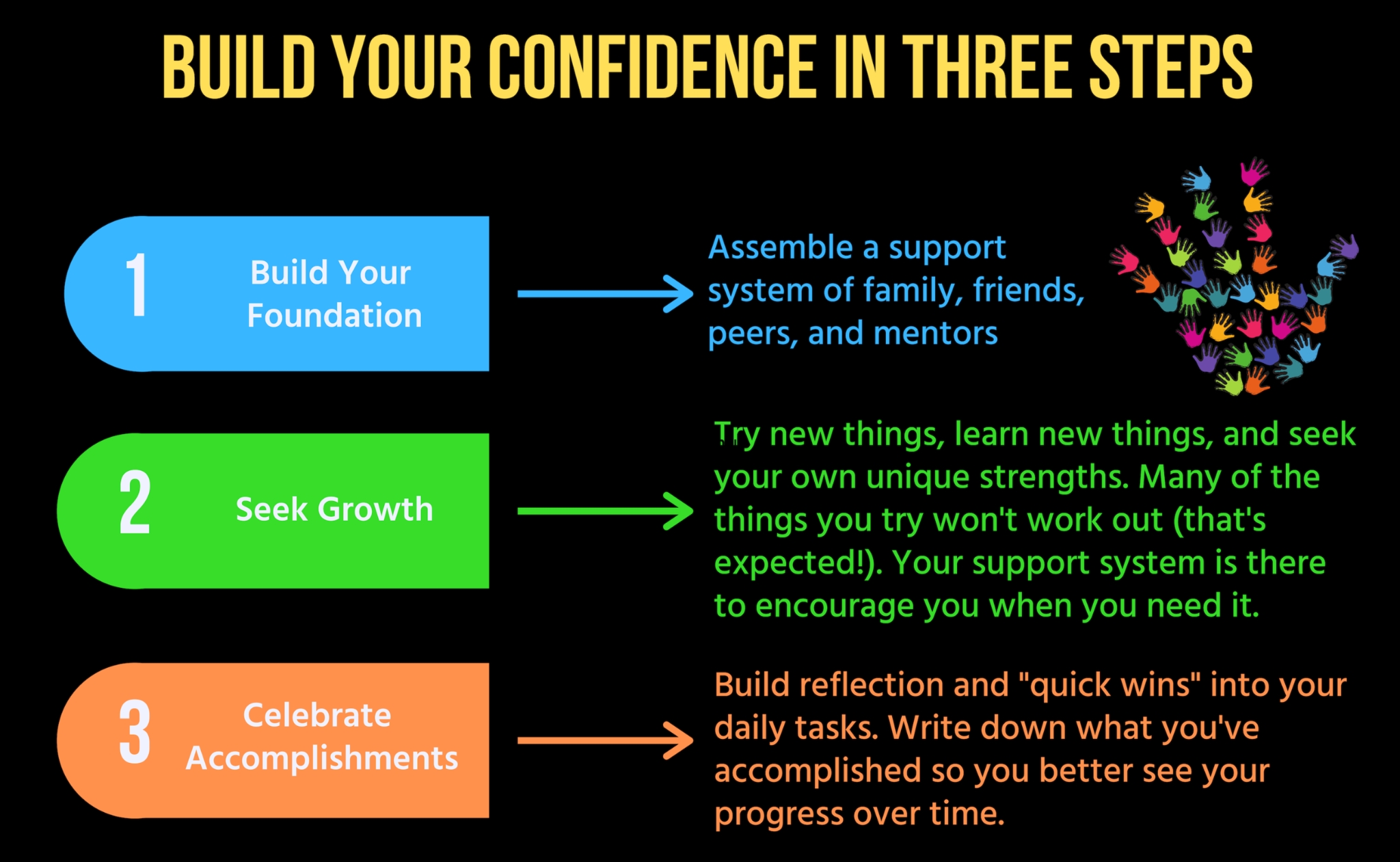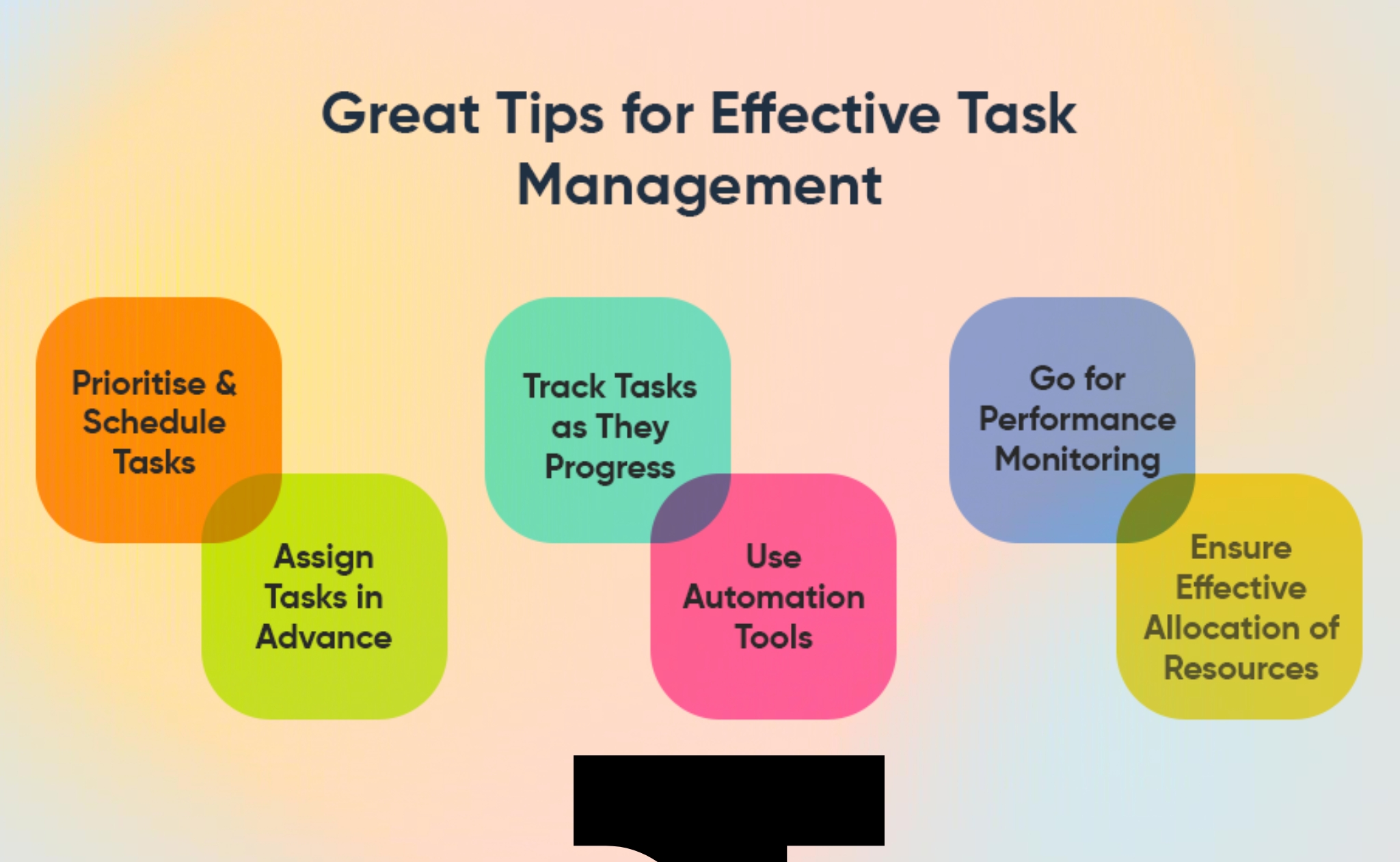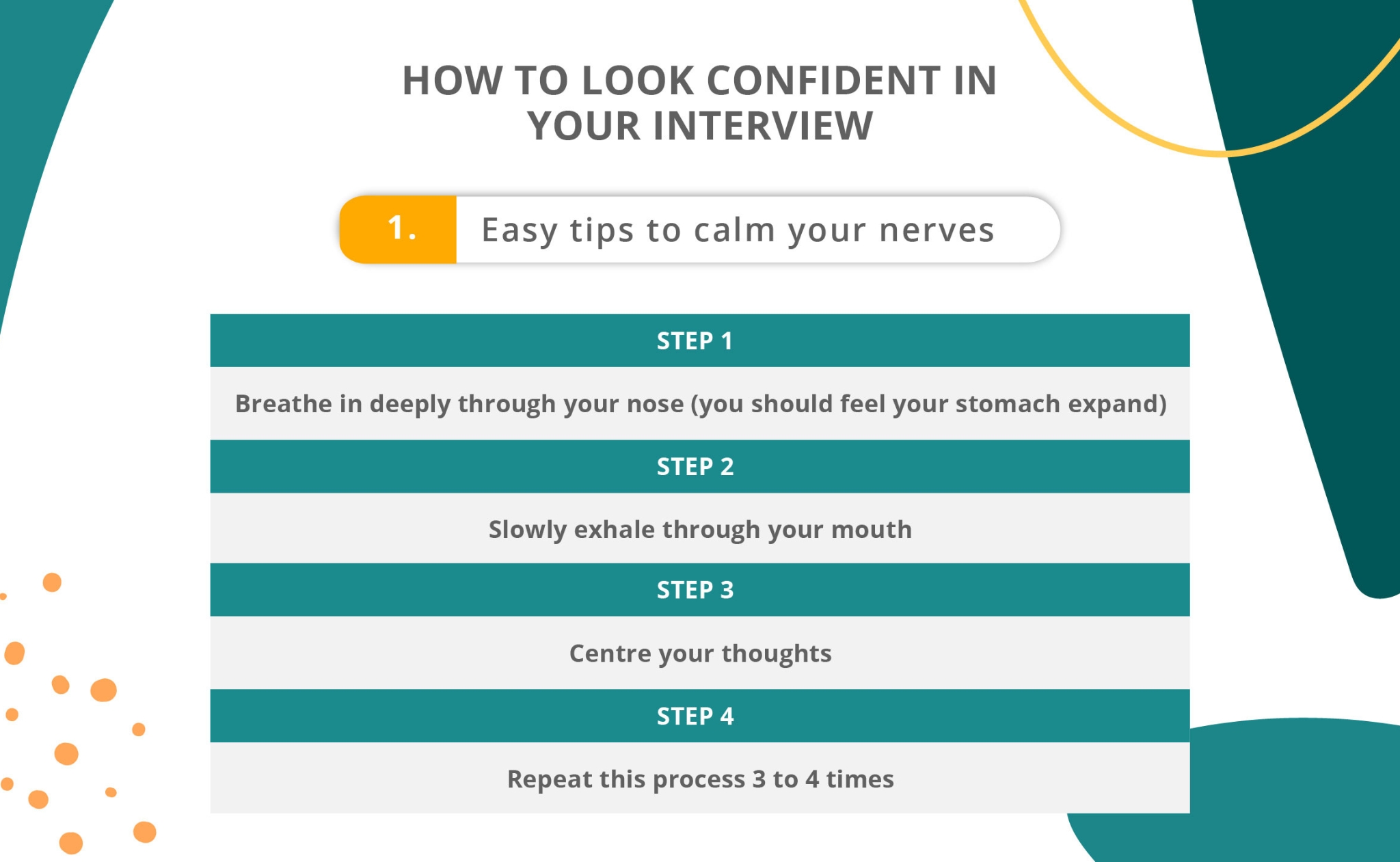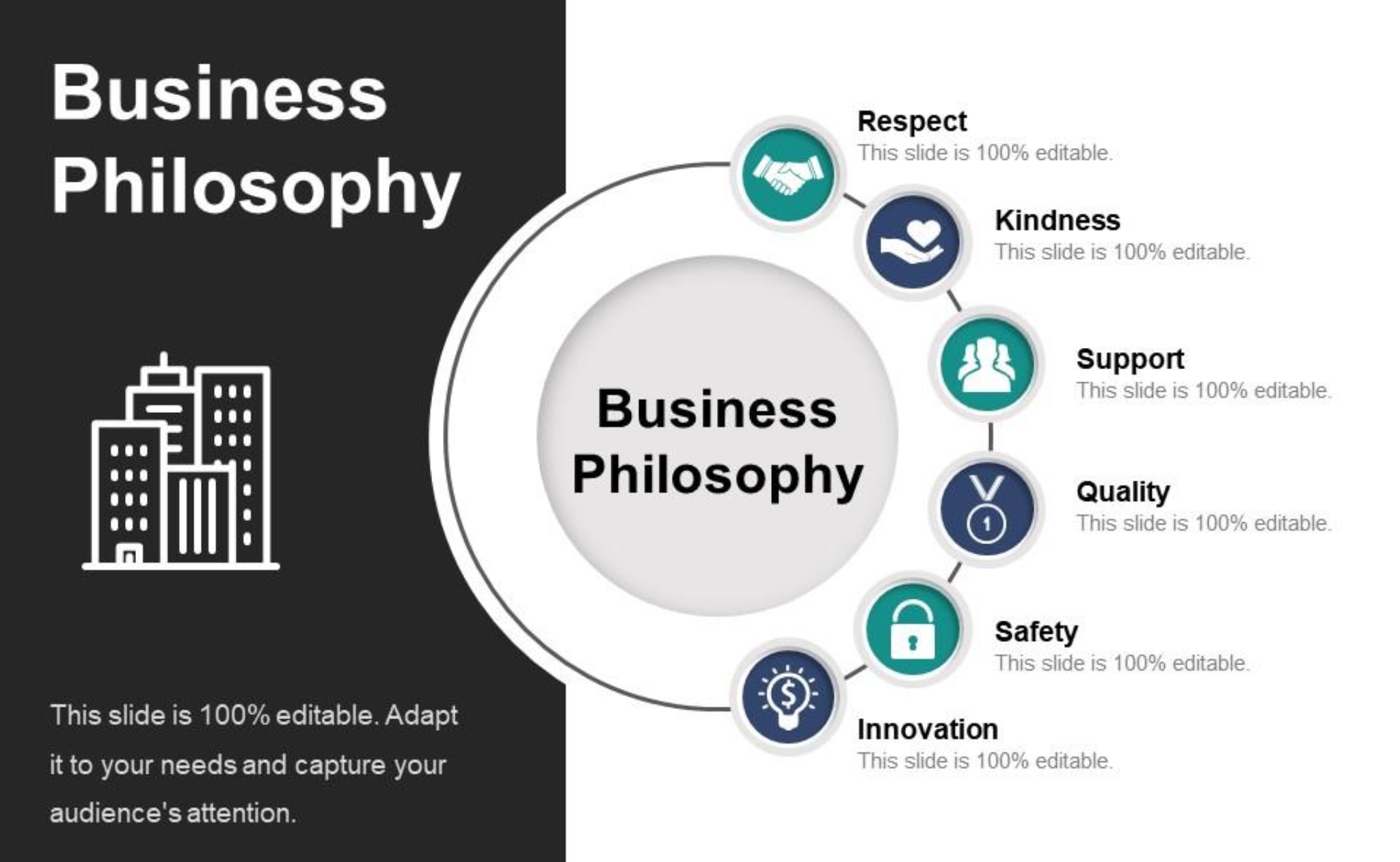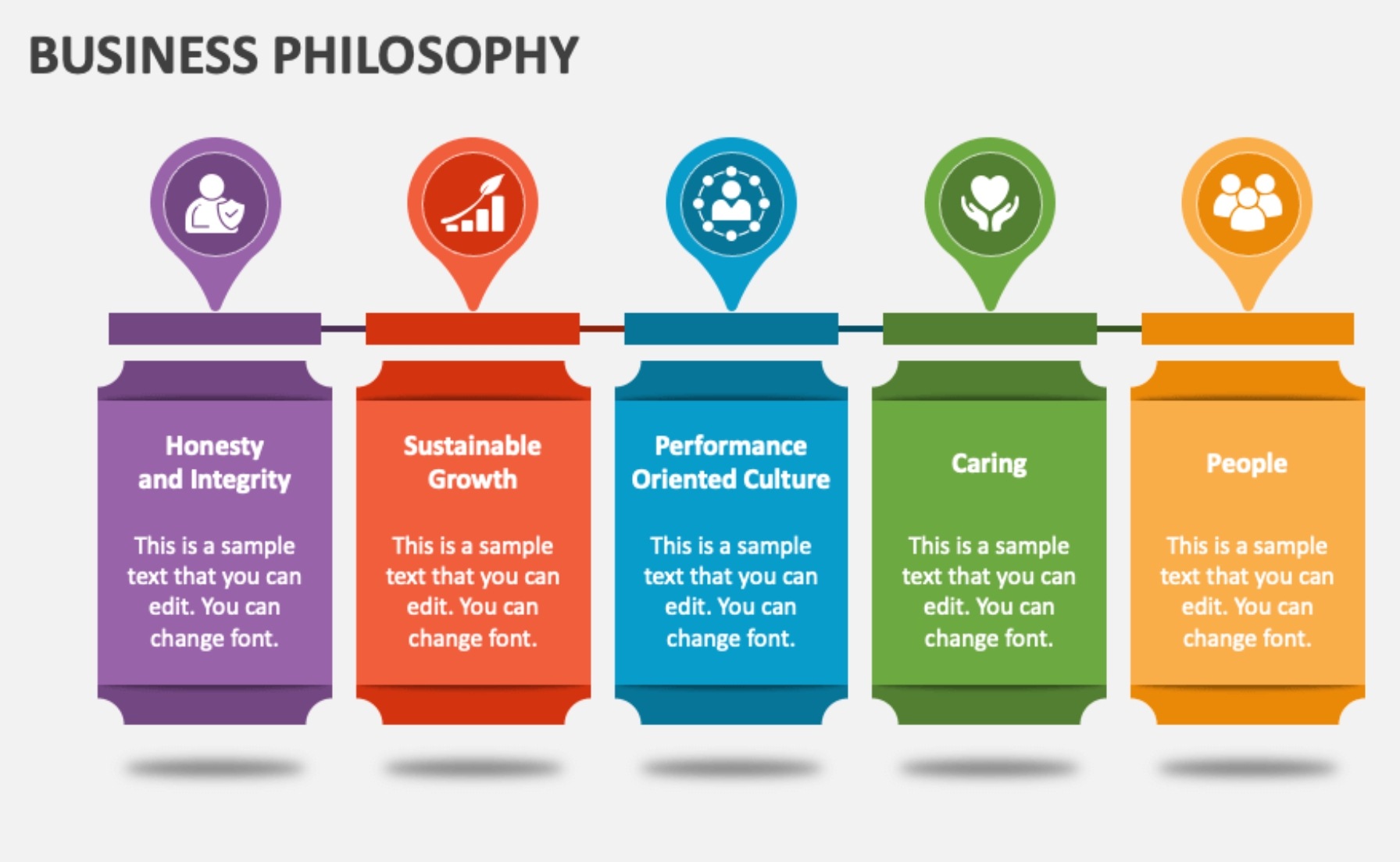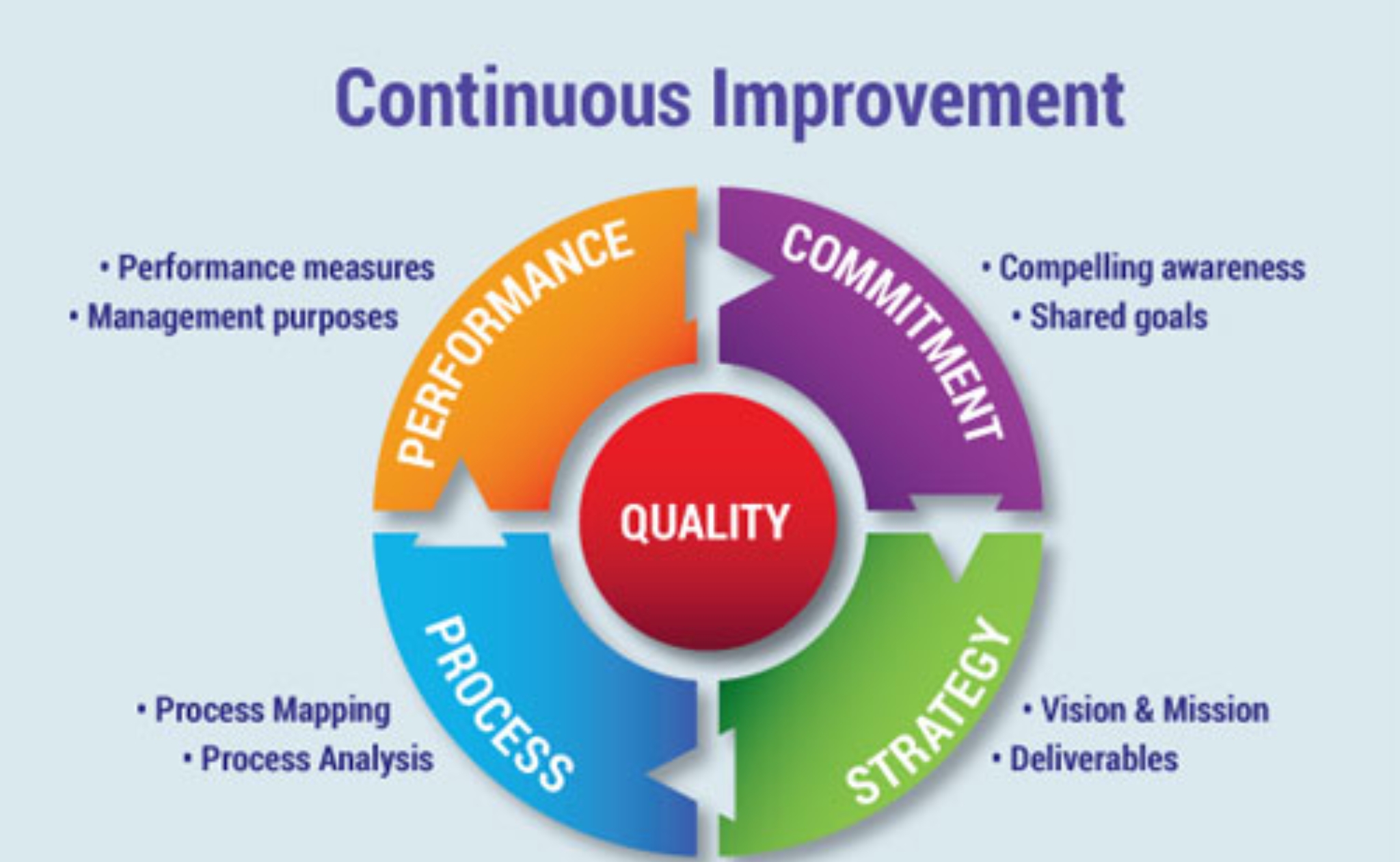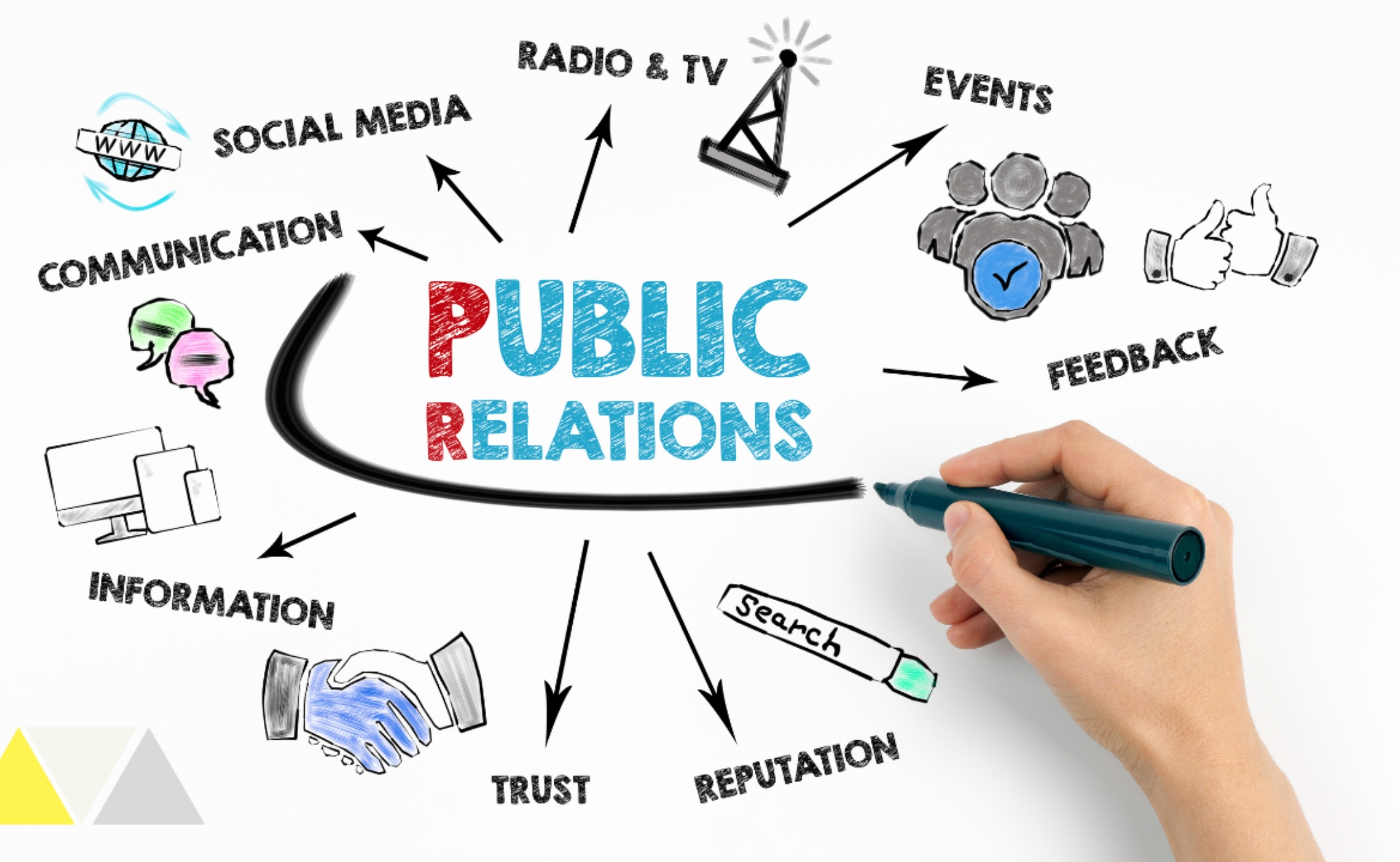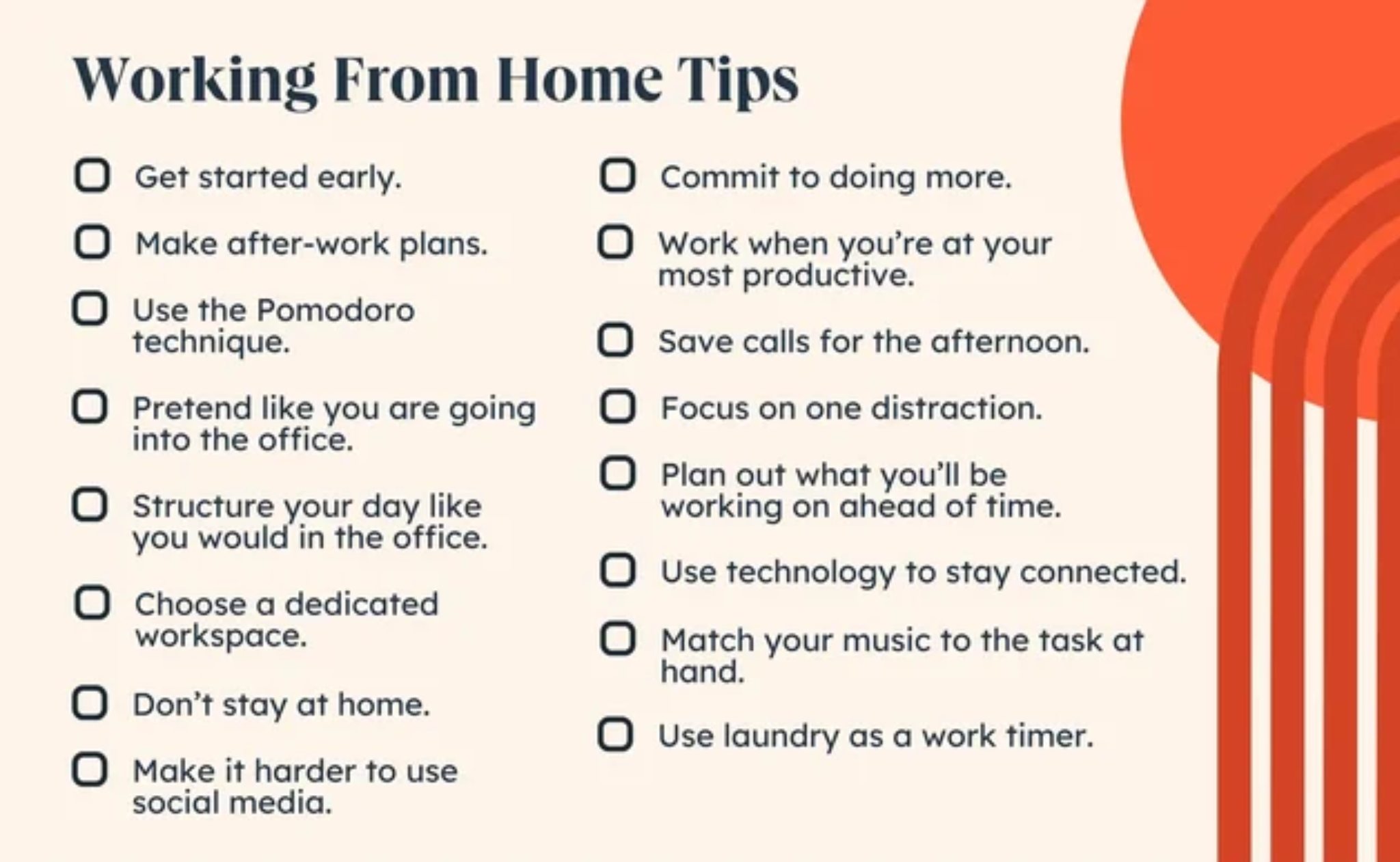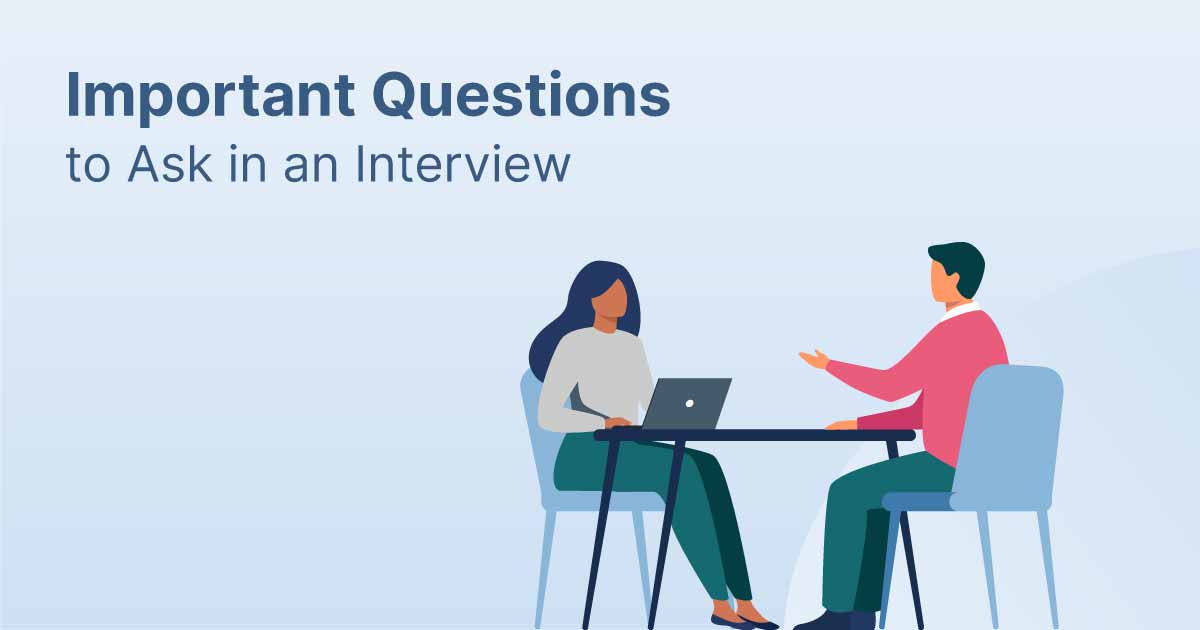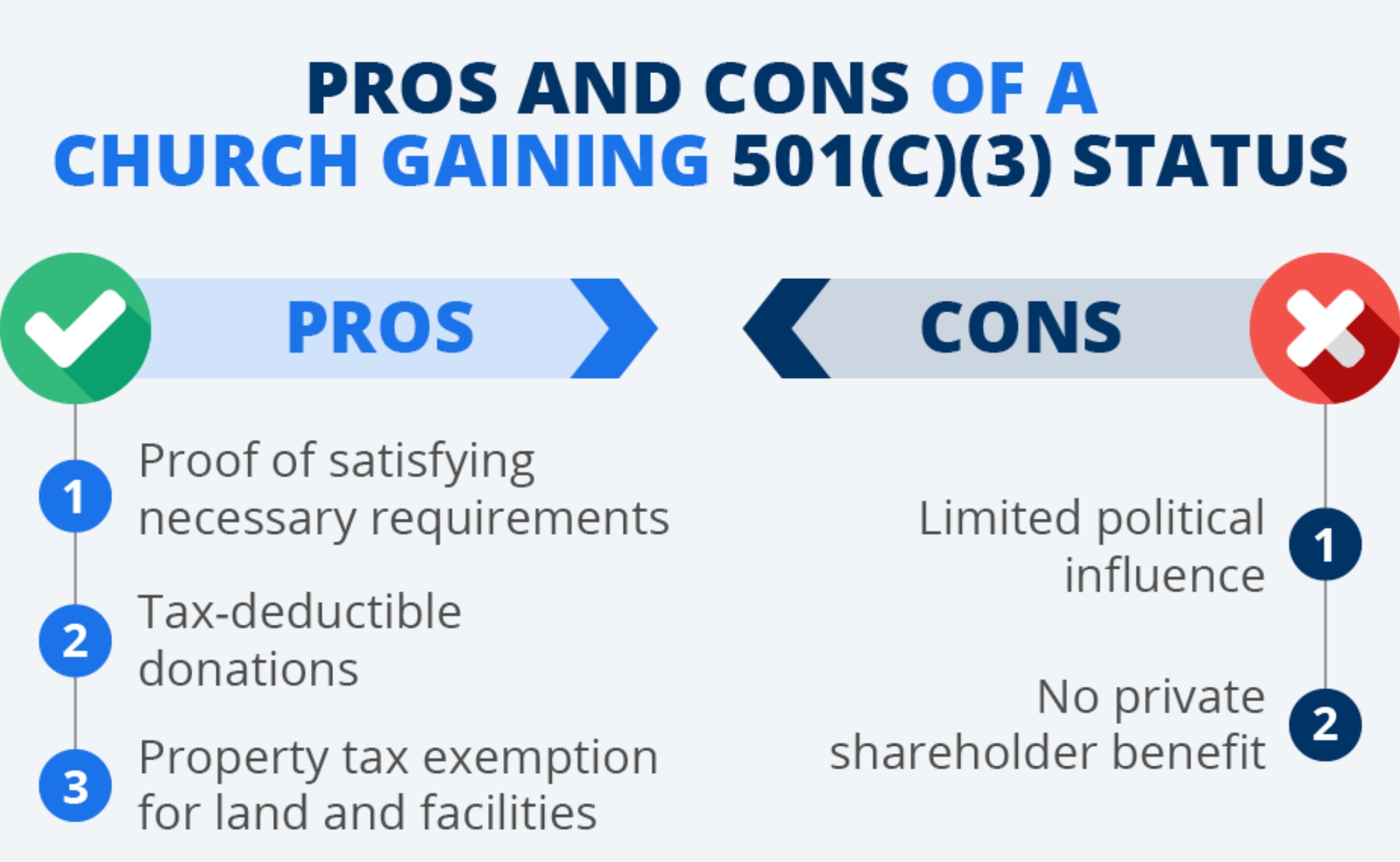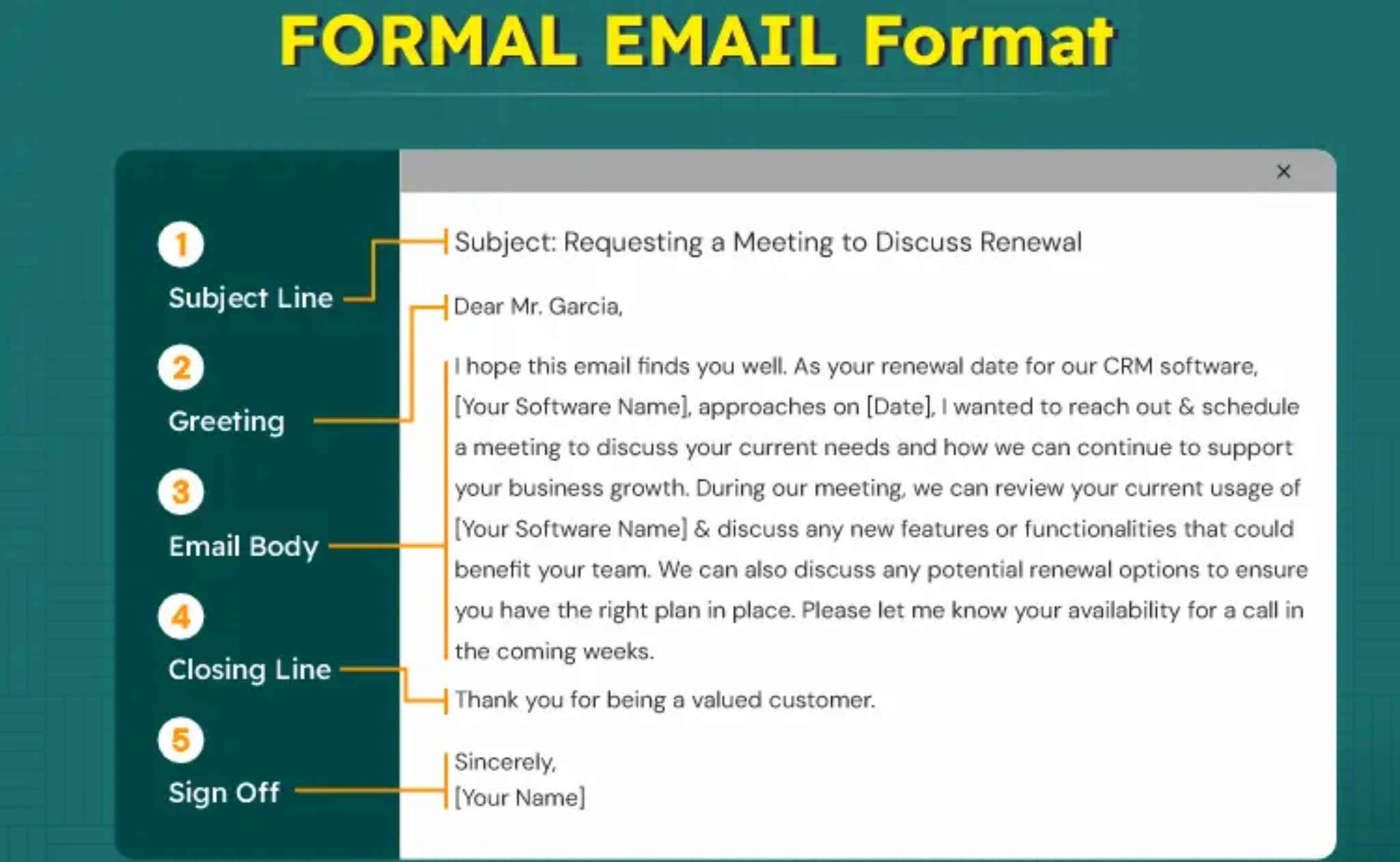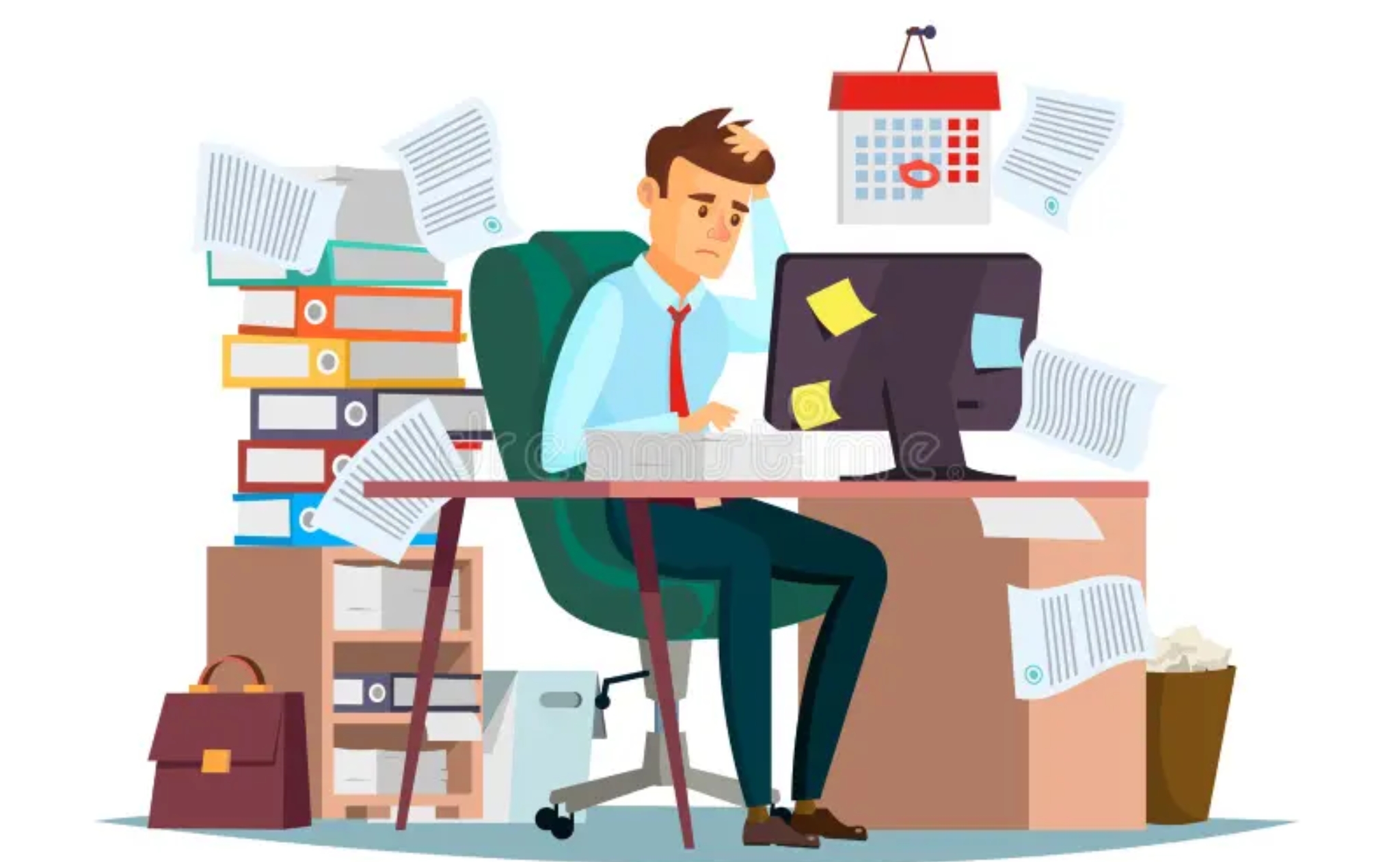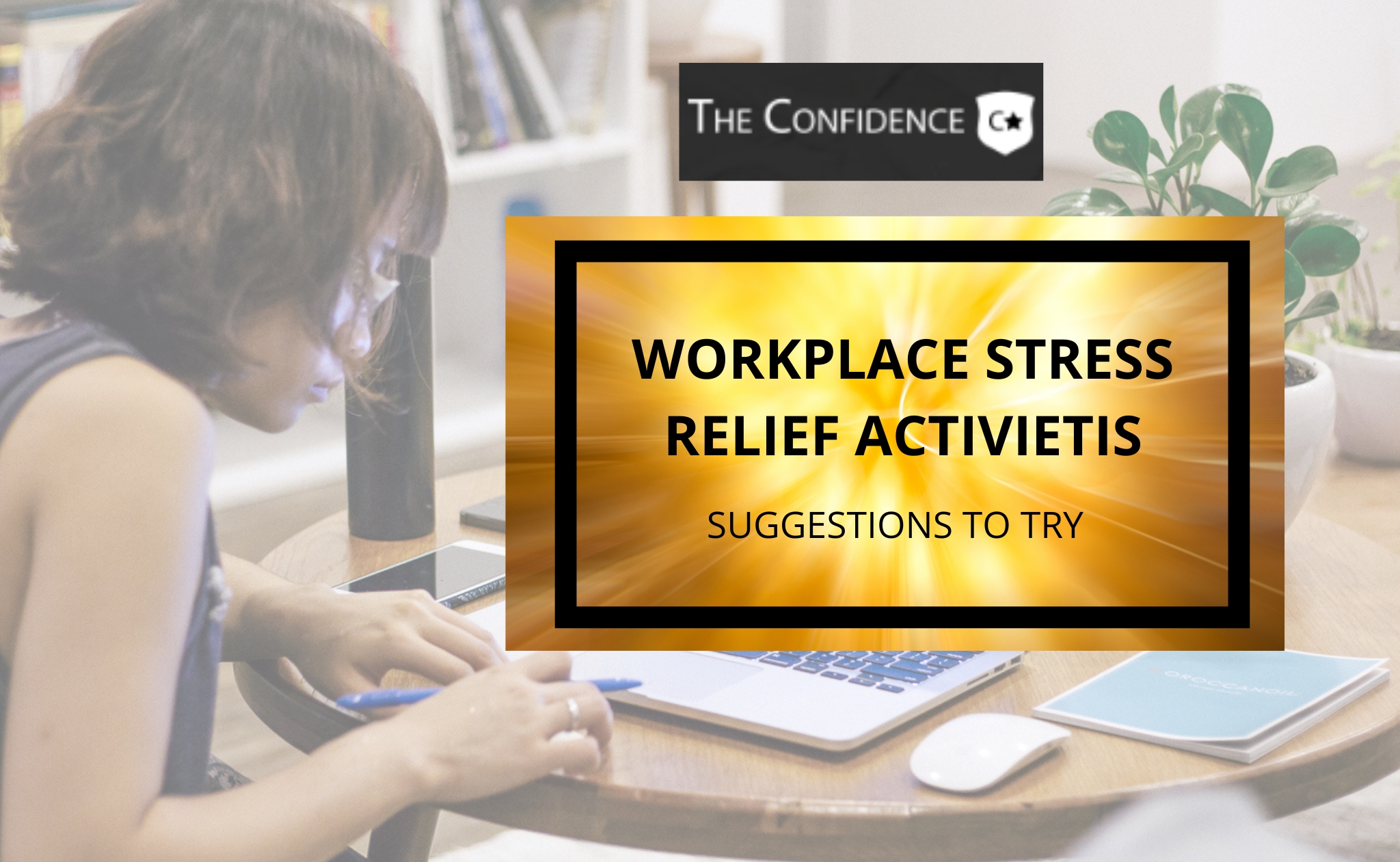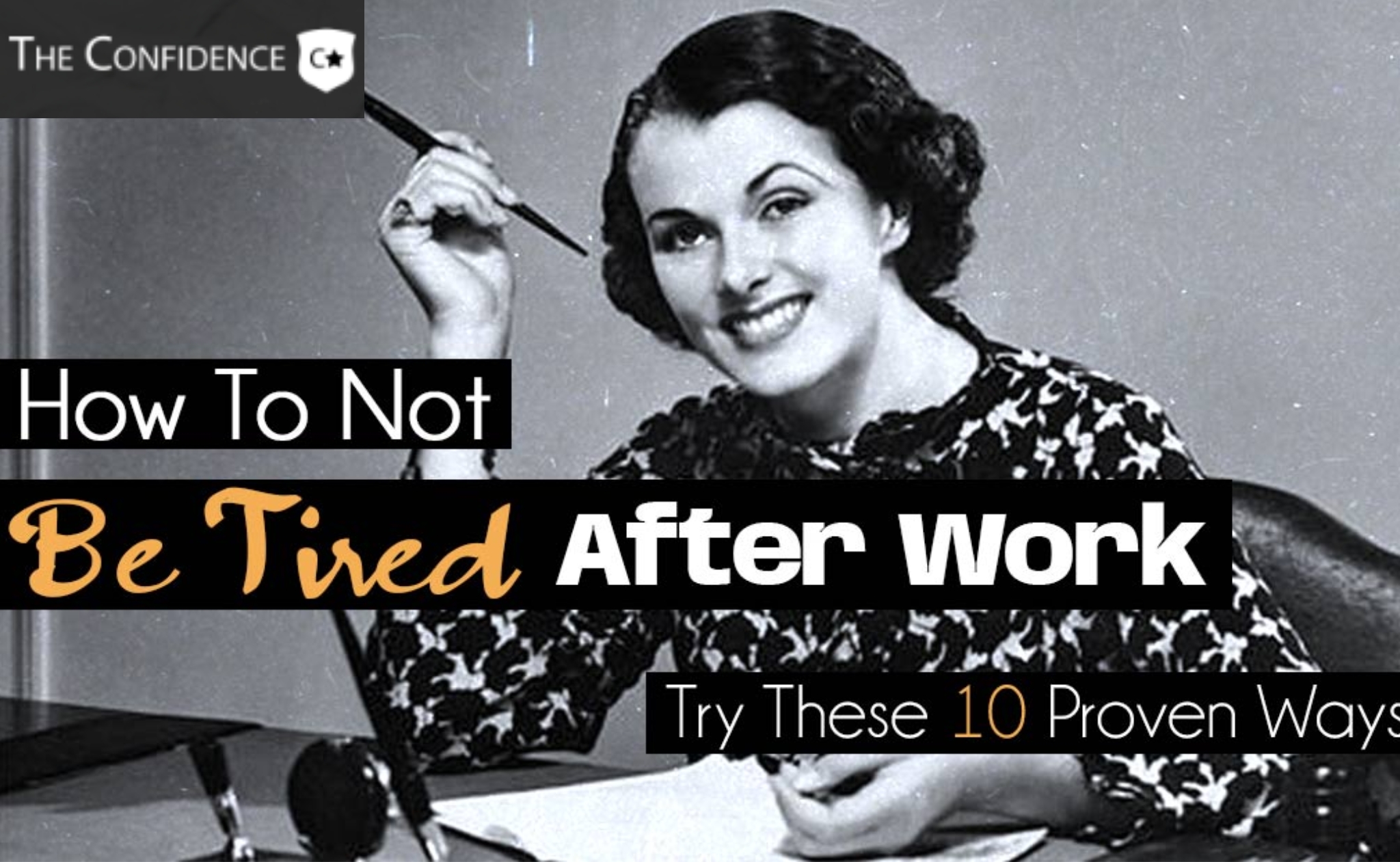If you have ever wondered what it would be like if every person you worked with or interacted with made you feel bad about yourself, then here’s your chance to find out.
I will lay it all out in a way that will hopefully be both actionable and helpful for anyone who is dealing with someone who is causing them to feel lower than they should.
Get to the actual issue

So, how can someone ruin your entire day? Well, that depends on what you were actually dealing with.
I have had some amazing experiences with rude customers, but they certainly do not represent all customers or clients.
And I have had some horrible experiences with rude coworkers and bosses, but they don’t represent all coworkers or bosses.
Do you know that adage about everybody being entitled to their opinion? Well, I’ve found that no one is as entitled to their rudeness or bad attitude as those who are worth being rude to.
When you have dealt with a rude person, you must take the time to assess exactly what happened and get to the actual issue.
While some rude people are just having a bad day, or are being sarcastic or ironic or having a hard time communicating, the other most common and easy solution is when someone is just completely off.
It could be that they are an introvert and are not very good at expressing their feelings, or are very arrogant and think they are better than everyone, or have a personality disorder (hyperactivity, impulsivity, or autism).
If it is one of these more serious problems, you should definitely seek help and expert help to deal with them.
But, in most cases, it’s probably something as simple as they are just not a very nice person. Or, they are stressed out and not taking the time to check in with themselves and clear their head and be on task.
“Can you say you’re sorry?”
If you do find yourself in this situation, I do have some advice.
First, don’t take it personally. At the end of the day, people are people and not angels, and you can’t go into the future with an expectation that every person will always treat you with respect.
Just don’t take it personally.
In addition, it’s important to be open to hearing that you did something to upset the other person.
This could be that you made a mistake and didn’t know that your actions would upset the other person. Or, it could be that you spoke, and they didn’t understand the meaning behind it.
Asking for forgiveness or even just acknowledgment can really be the key to working through this and getting to a better place.
“Where do you stand?”
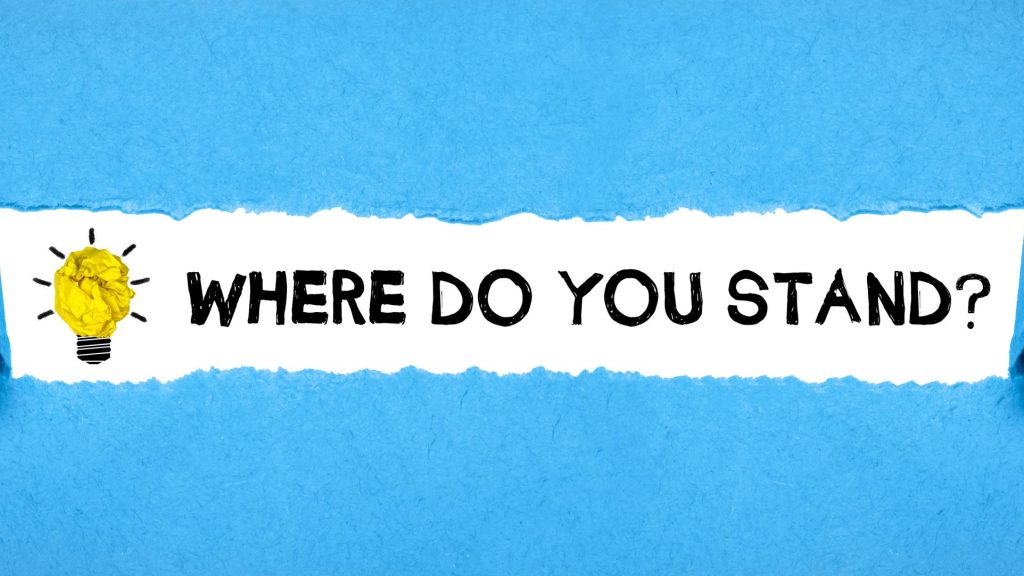
I have found that asking for forgiveness or acknowledgment is often more important than the actual apology.
Sometimes, the apology alone isn’t enough to fix the relationship. The person doesn’t know how to apologize and simply needs a clear and direct statement to give them room to take the proper actions.
The apology alone might not be enough to get their head back in the game.
You can make sure you are good to go, though, to assess how they feel about the situation.
If they felt like you ruined their day or week or month, they might not want to work with you anymore.
If they feel like you did nothing wrong, they will be able to take you back.
This can be helpful because it gives you a gauge to see how much they are truly willing to take responsibility for their actions.
If you really care about the person, you should take them to the task.
It will certainly be more painful, but in the long run, it will be worth it.
There is no room for disrespect in any job, especially at work, and, at times, you really just can’t take it anymore.
And, those people who are always in a rush, ignoring things like their own emails or texts, or refusing to let you pay for their coffee, or make up the time you lost on a project because you are understaffed and overworked can drive you over the edge.
They can make you feel like you just want to chuck it all and find something new, something that is less frustrating.
Or, they can make you feel like you just need to run away.
Luckily, I’ve found that, in most cases, there is something that both parties can do.
On the one hand, the person who isn’t being treated properly might need to take a step back, check in with themselves, and see how they treat others.
Or, they might need to spend a little time working on themselves and remembering how they want to be treated.
And, on the other hand, the person being treated poorly can take a step back and see if they need to make some changes or changes in the way they treat others.
In the end, as the saying goes, there’s nothing like a little self-awareness to get things back on track.
So, the next time you feel like you are in the middle of a crisis at work, it might be a good idea to ask yourself the following question:
Do I want to leave my job? And if so, when?
This question isn’t necessarily a diagnostic test; it’s more of a way to make sure you are in a situation that is a fit for you.
If you can’t make it work, you don’t need to stay, regardless of how bad the situation seems.
I know that people don’t always get it right all the time, but one thing is certain: don’t get stuck in a position that makes you unhappy.
Remember, the next thing you know, you’ll have found yourself in a job you can’t stand, and you’ll wish you would have listened to your gut.
Be confrontational when it’s unnecessary

When your coworker isn’t doing anything wrong, it’s straightforward to let your emotions get the best of you. But when you’re simply feeling annoyed by their comments, there’s nothing productive about jumping in and trying to change their mind.
“You want to avoid confrontation at all costs,” says Jenny McCabe, a senior career specialist with Payscale. “When you’re arguing with your coworkers, you’re not defending your point of view; you’re taking your coworker’s side and making them wrong.”
Another big no-no: making disparaging remarks about a co-worker’s appearance.
“Don’t criticize them for their outfit or appearance in any way,” says McCabe. “Don’t make fun of their outfit, hairstyle, or color — this may come off as jokingly, but it can come off negatively.”
If you’re at a workplace that is a positive and healthy work environment, then you don’t need to worry about giving your colleagues an easy exit strategy. But if you’re at a workplace with a toxic work environment, it might be time to move on to a new job.


































































